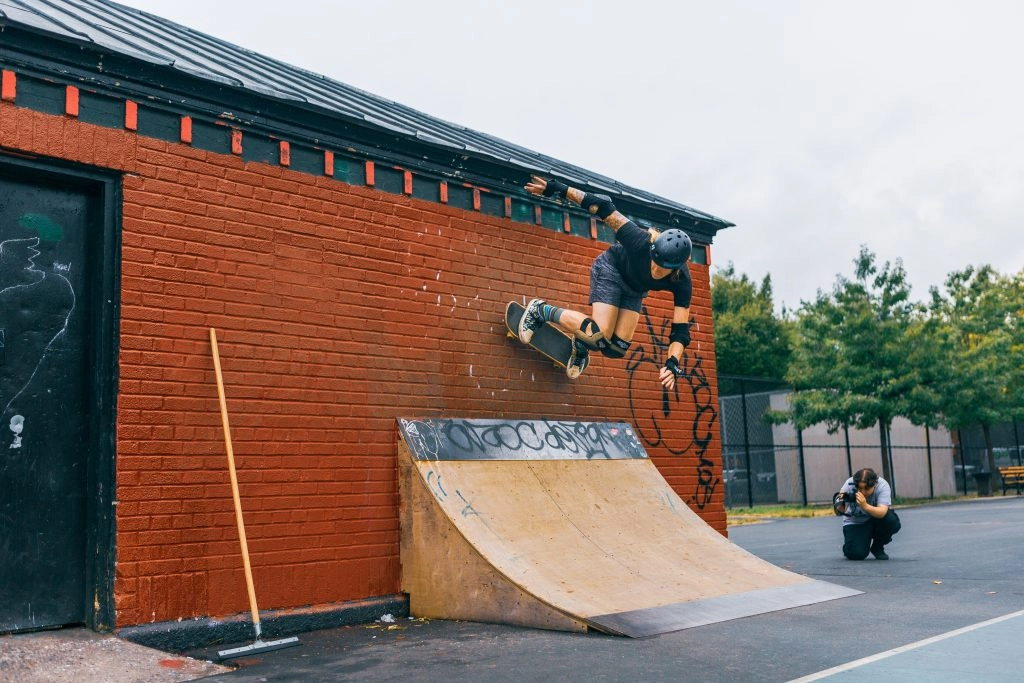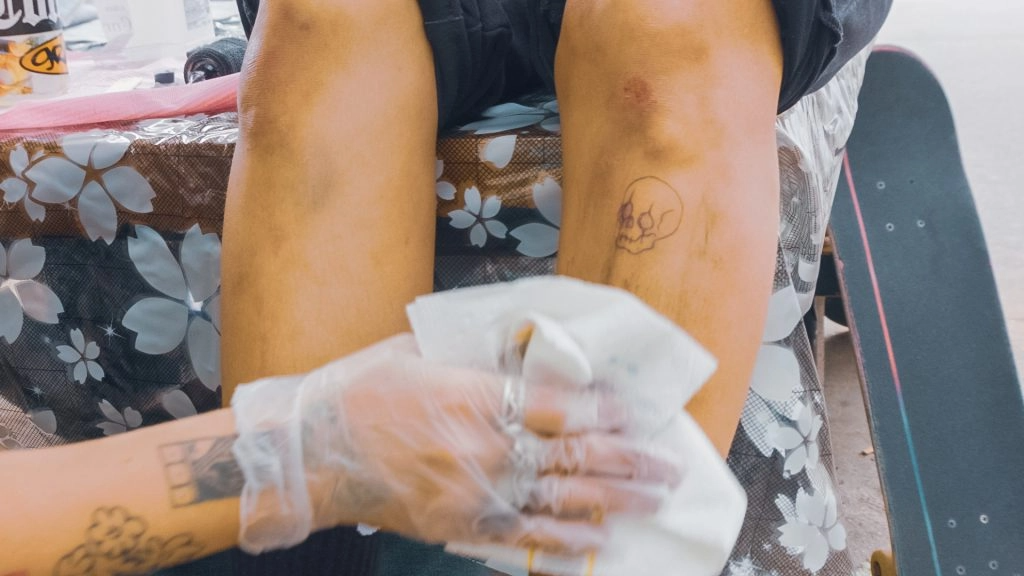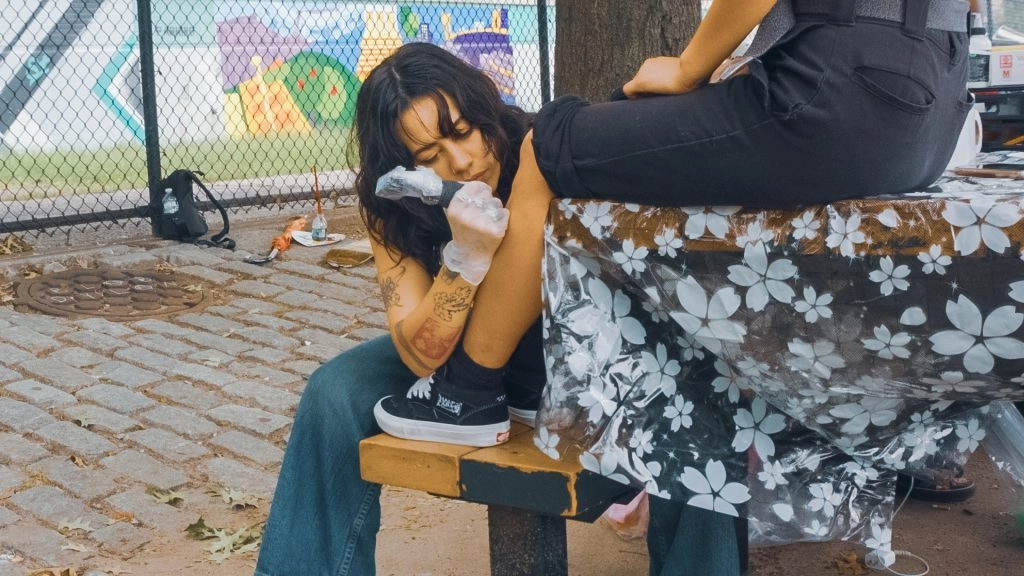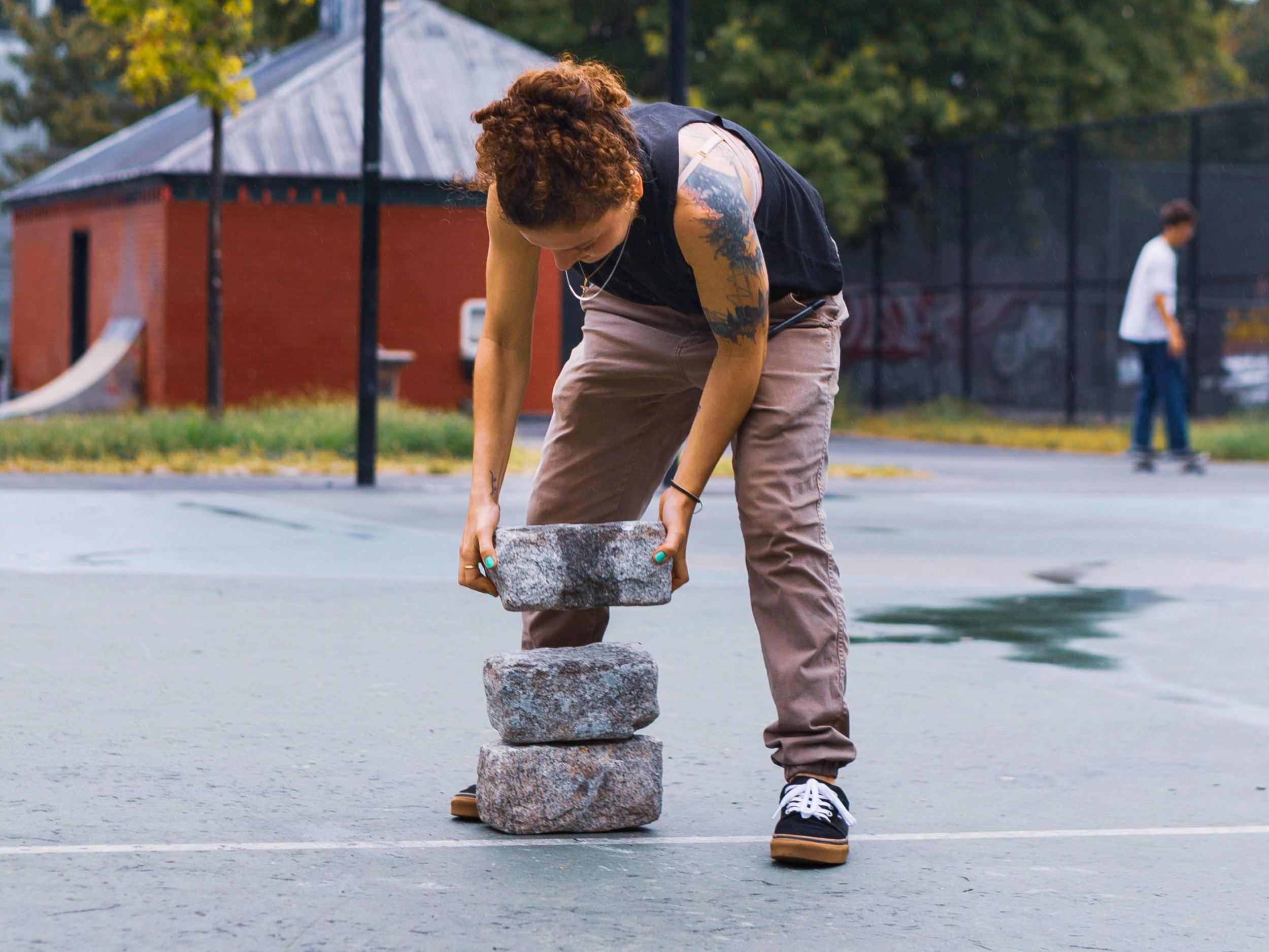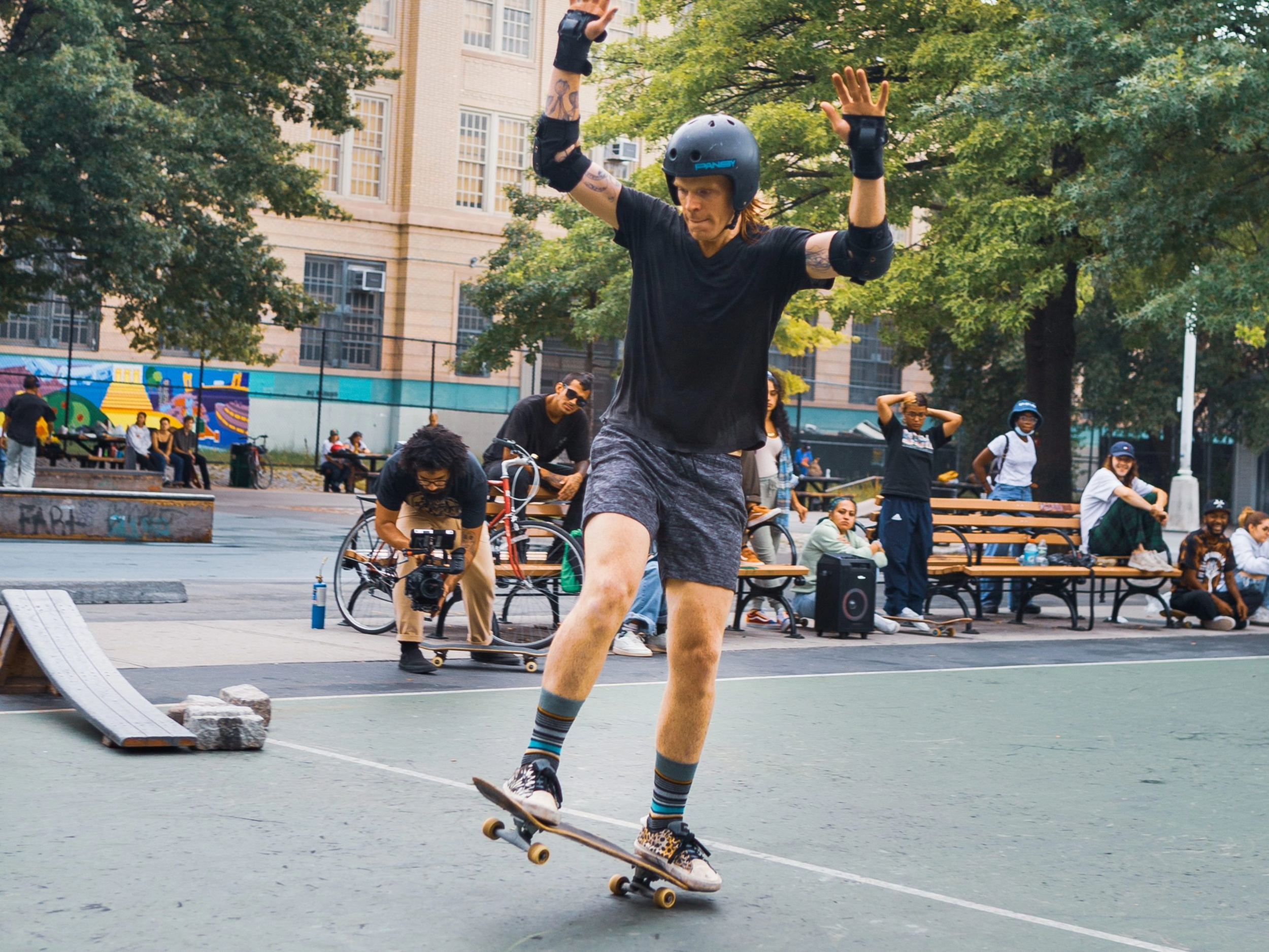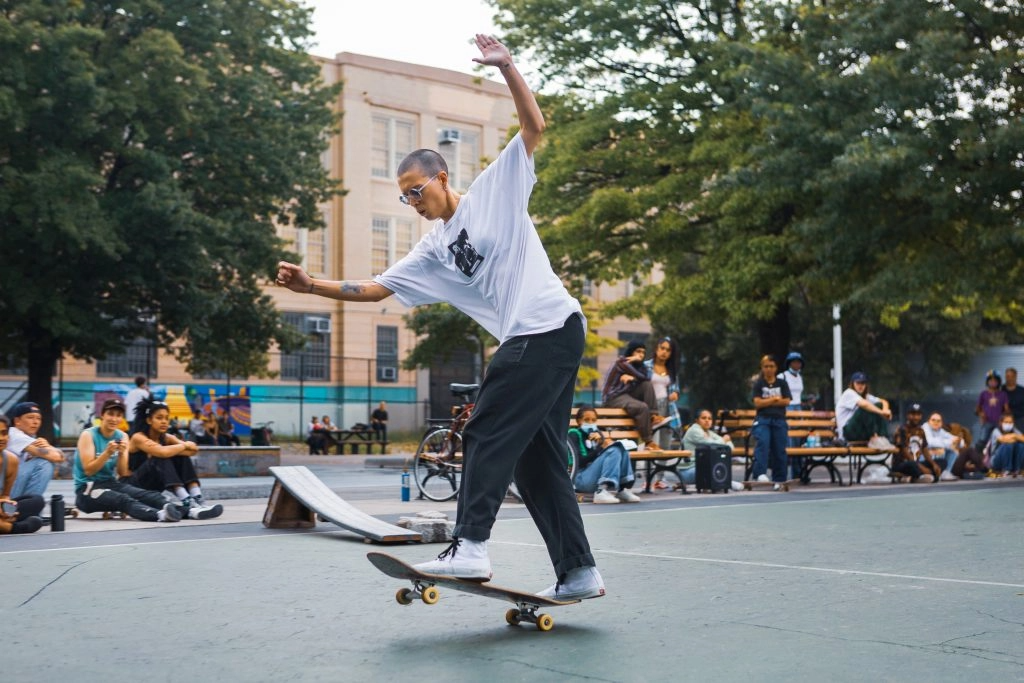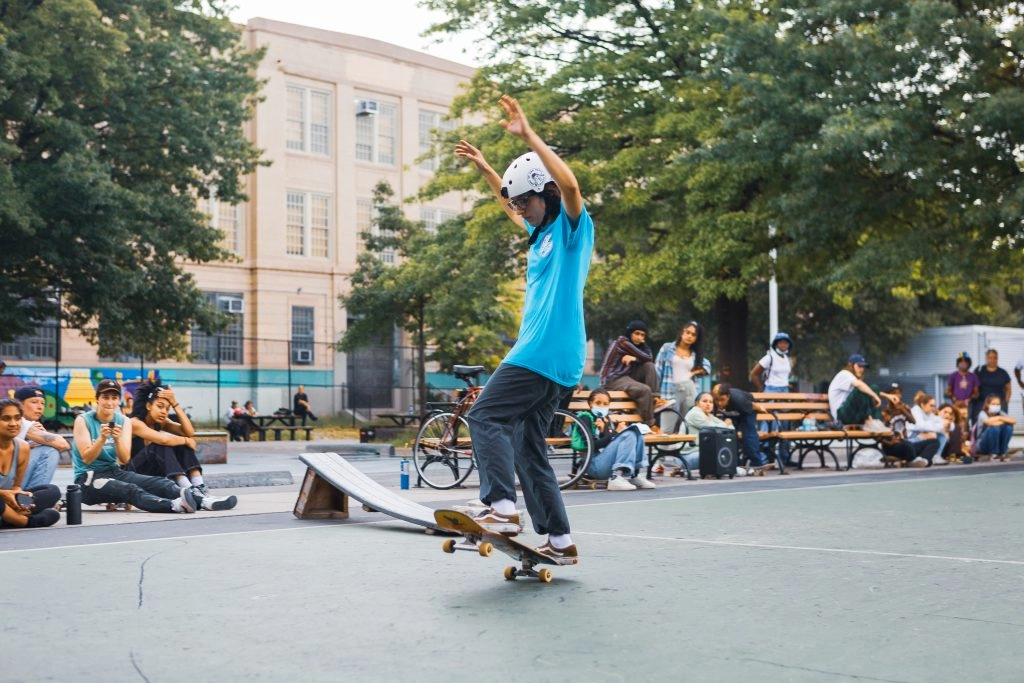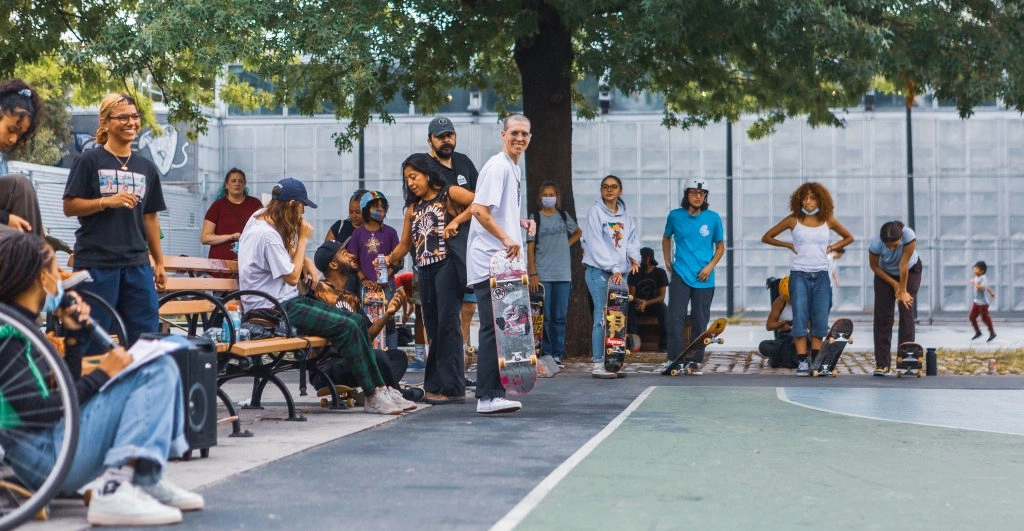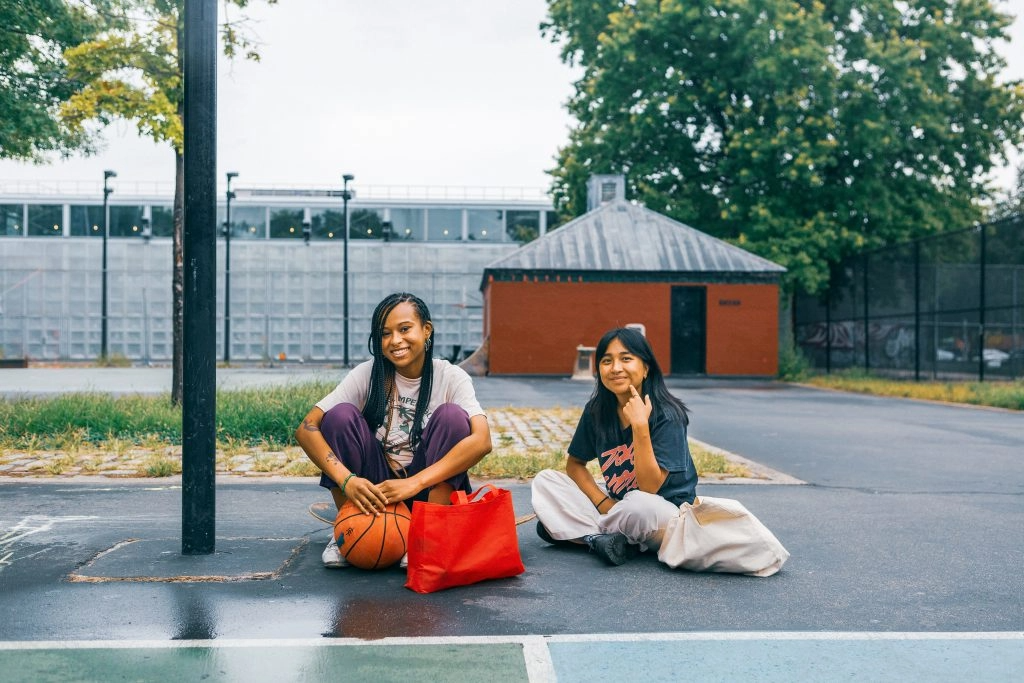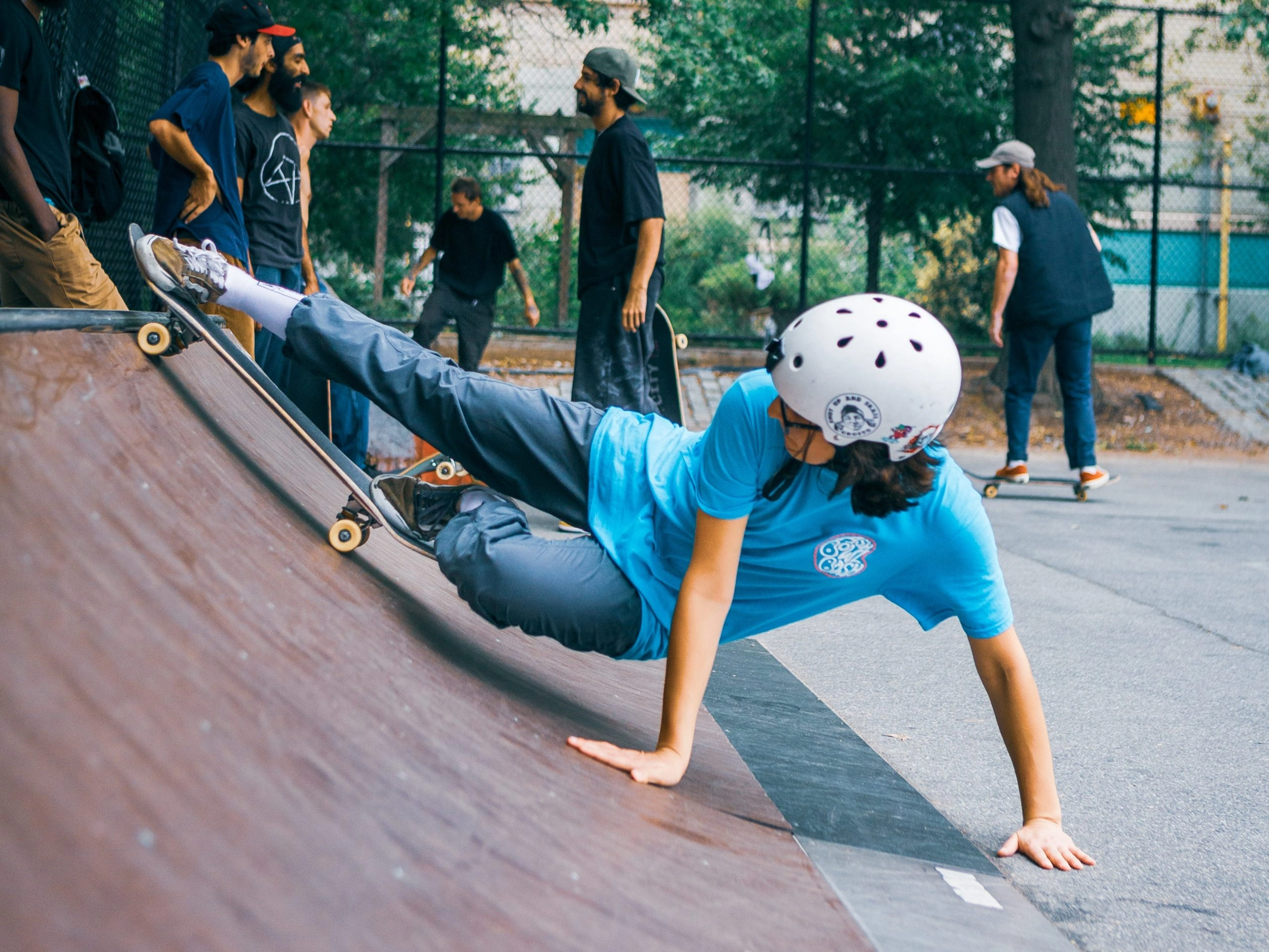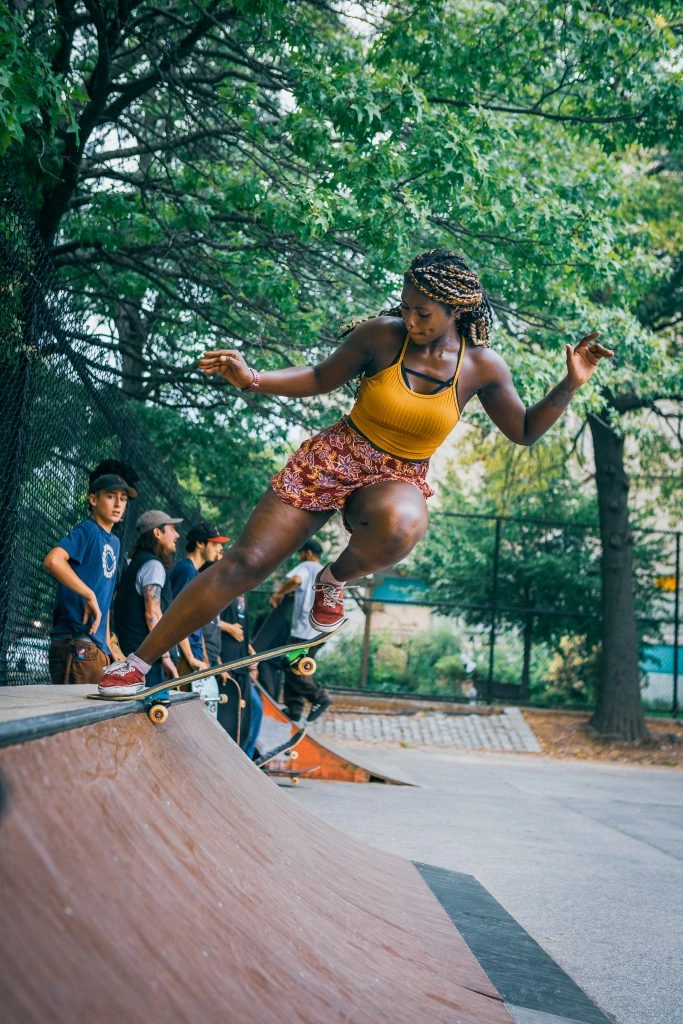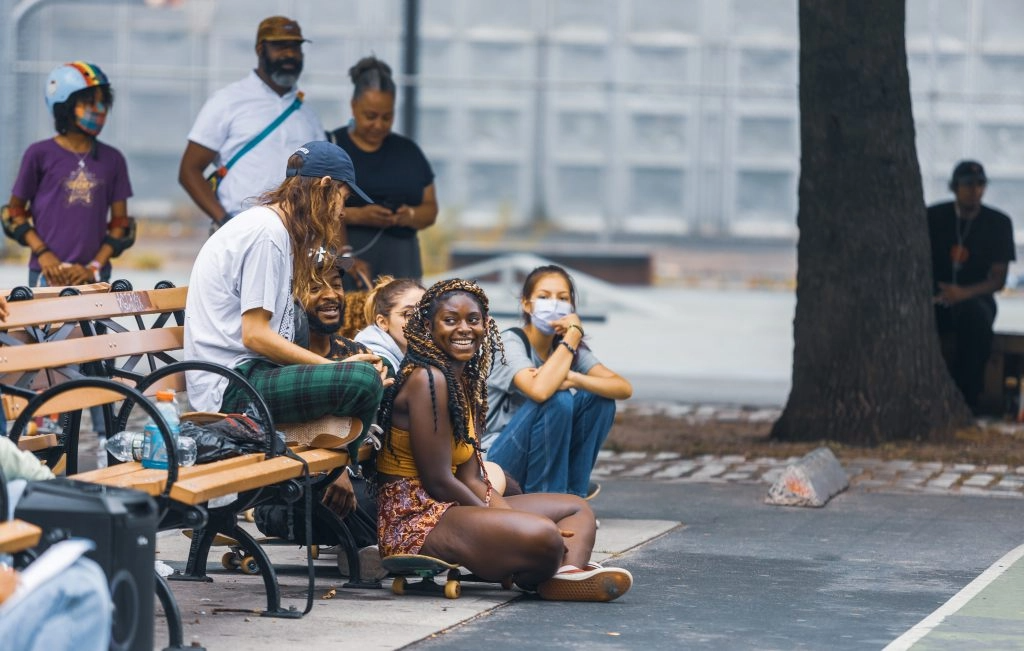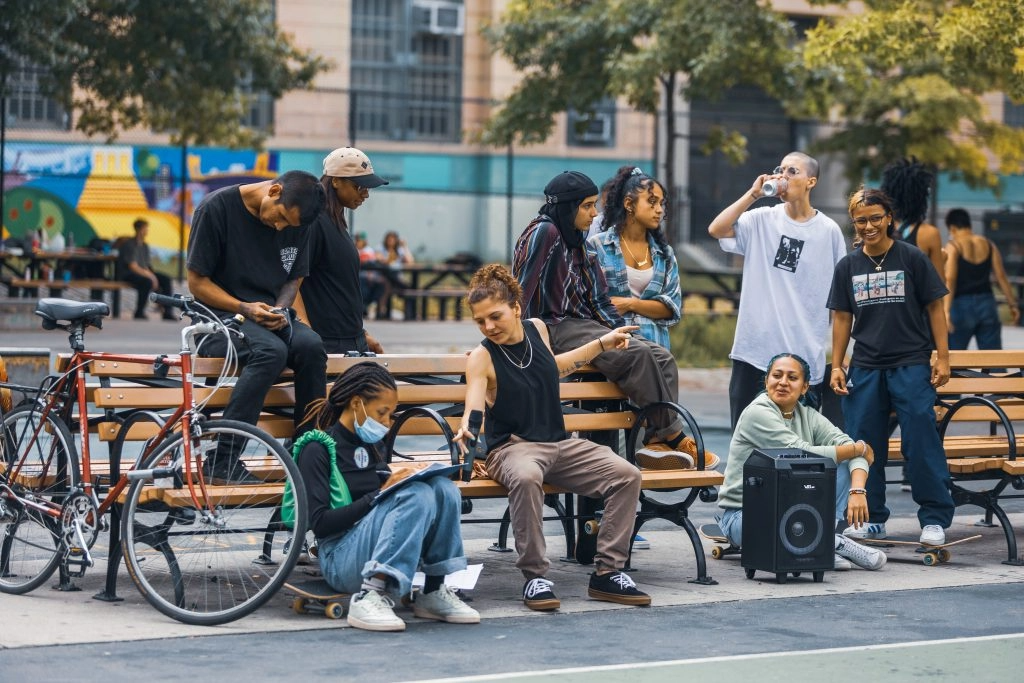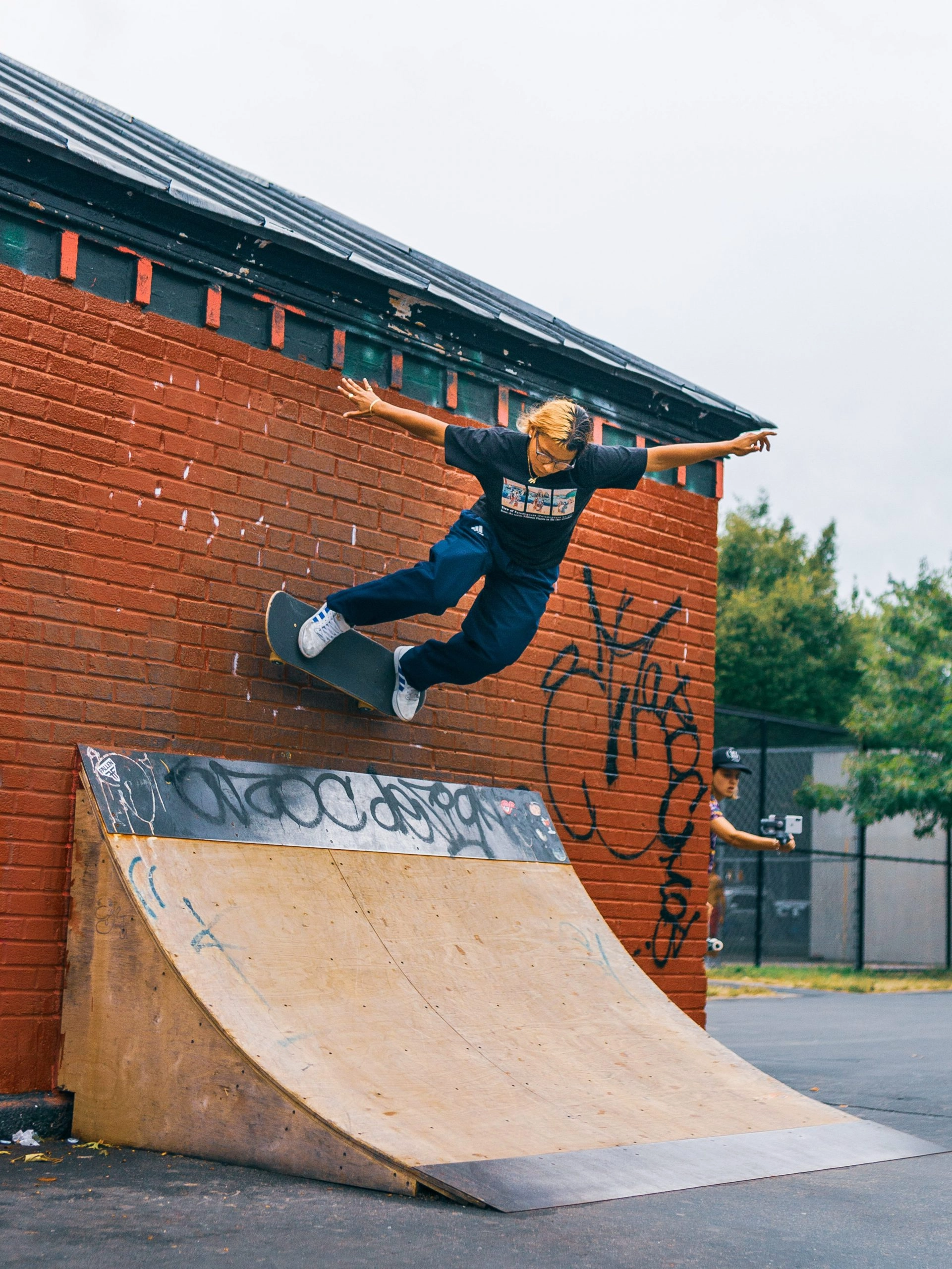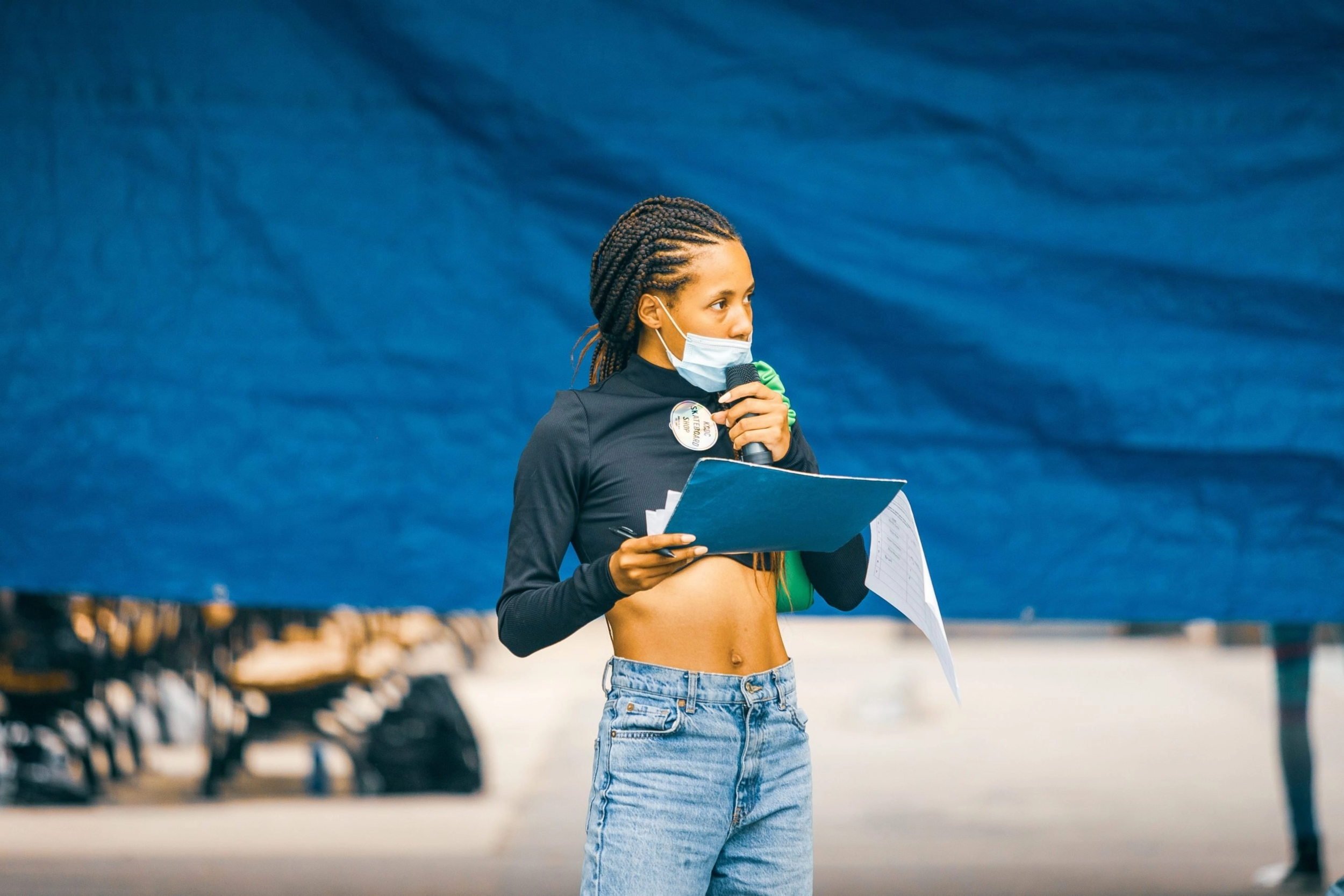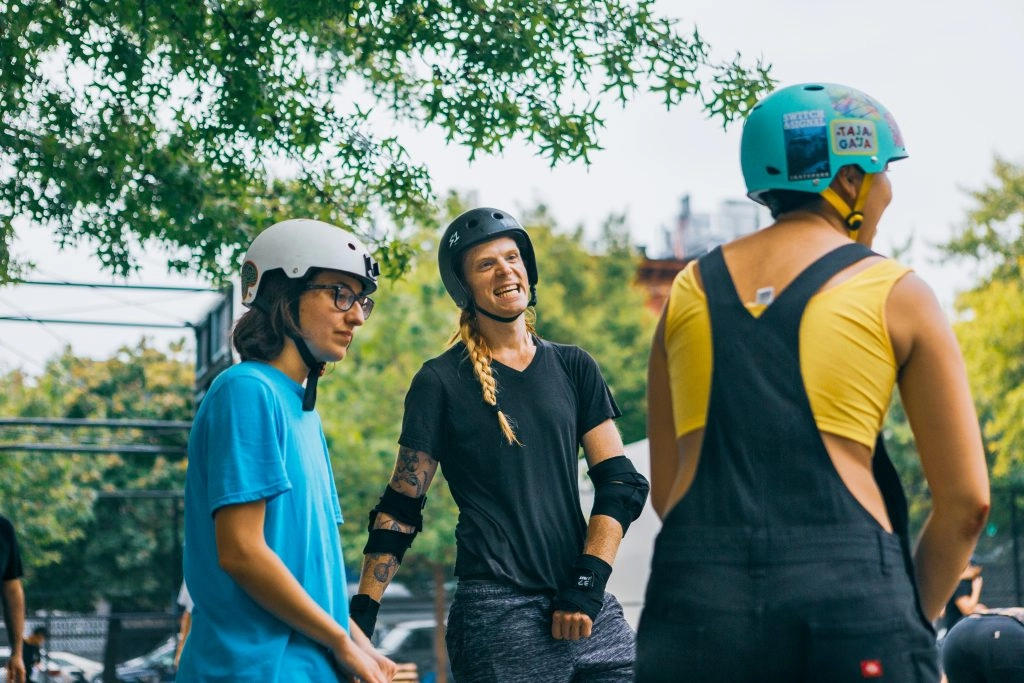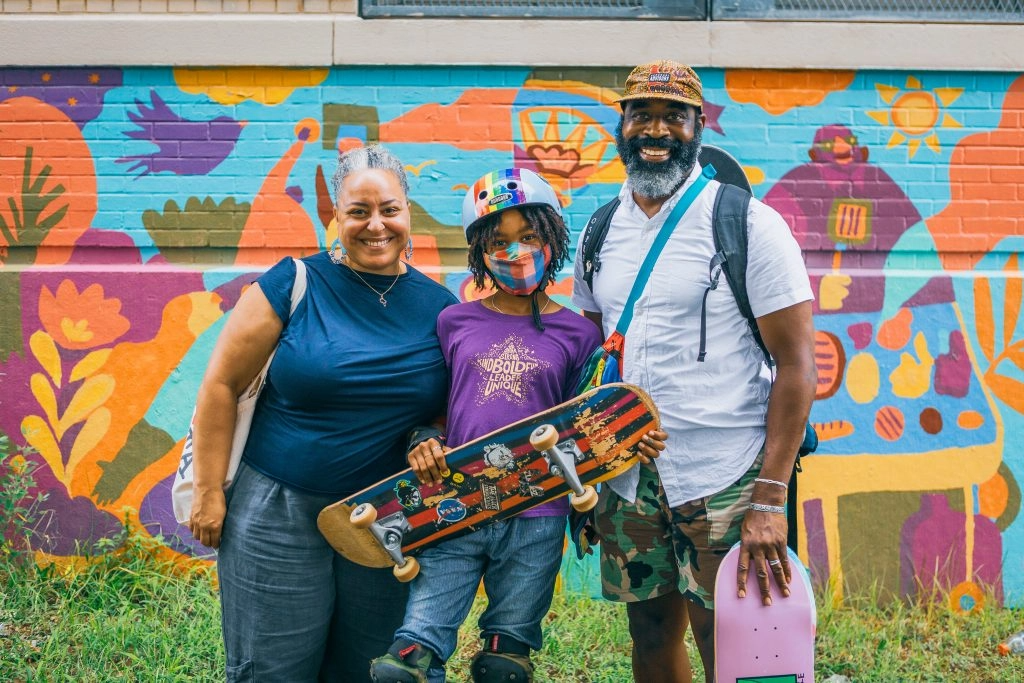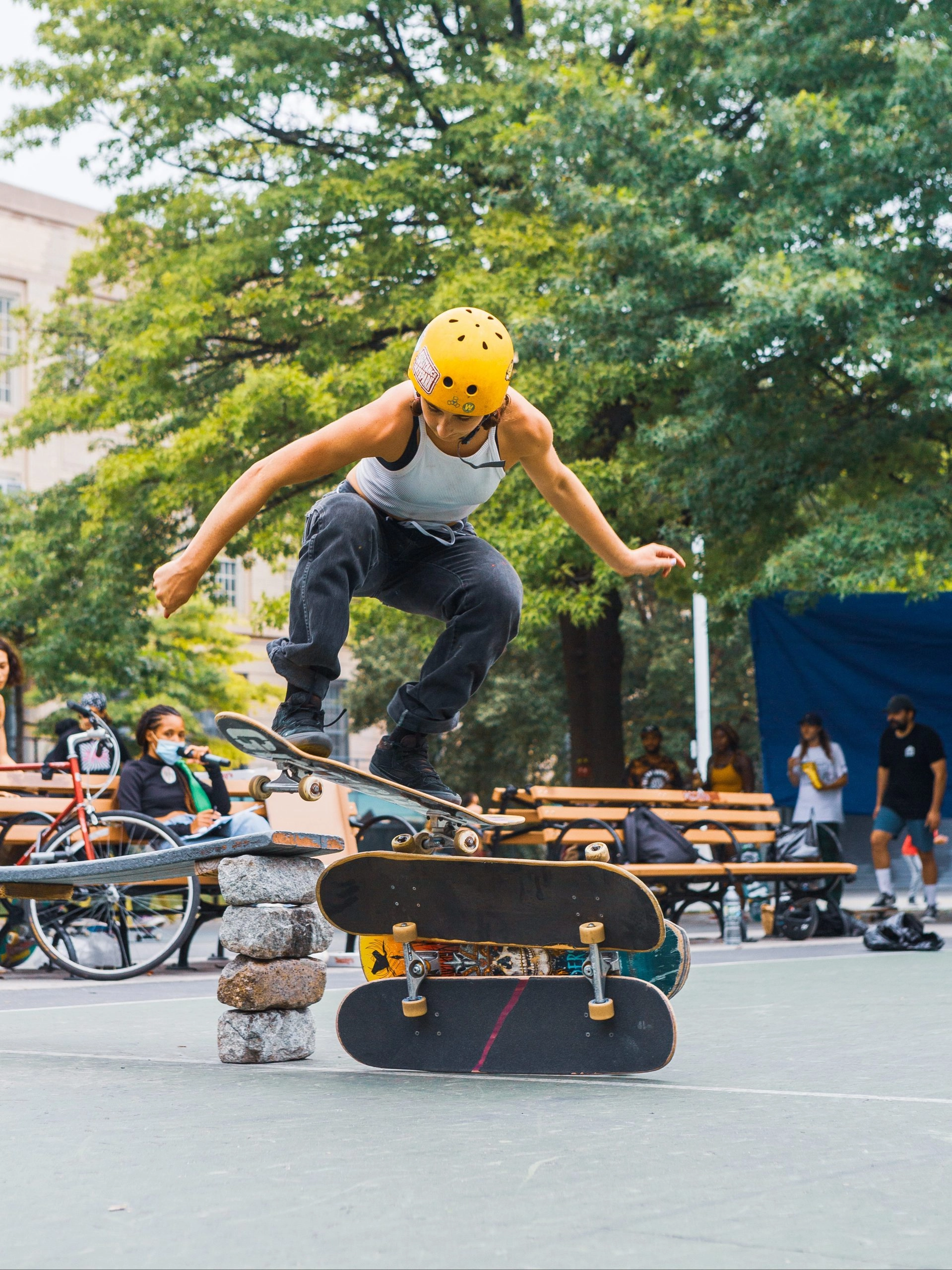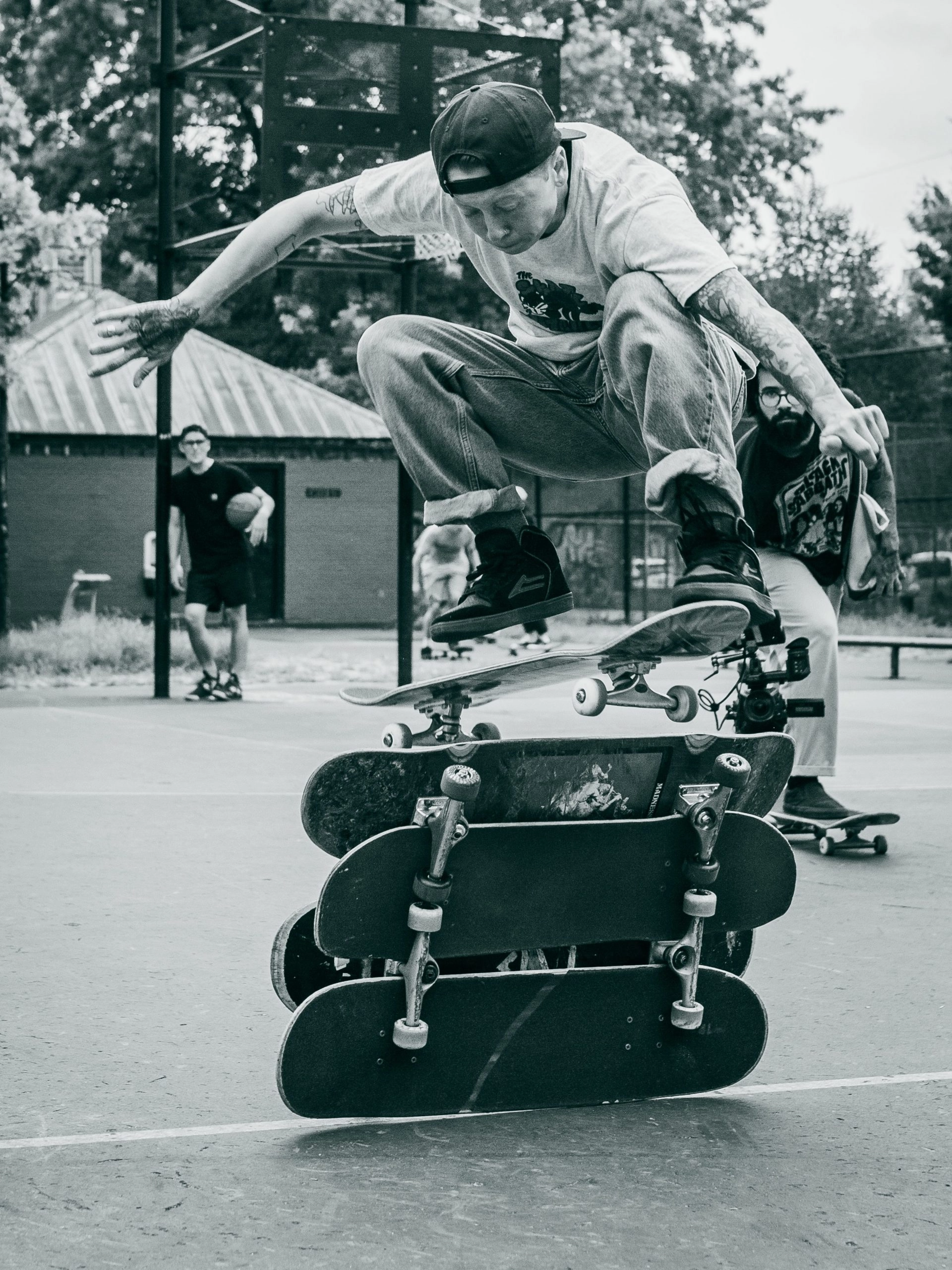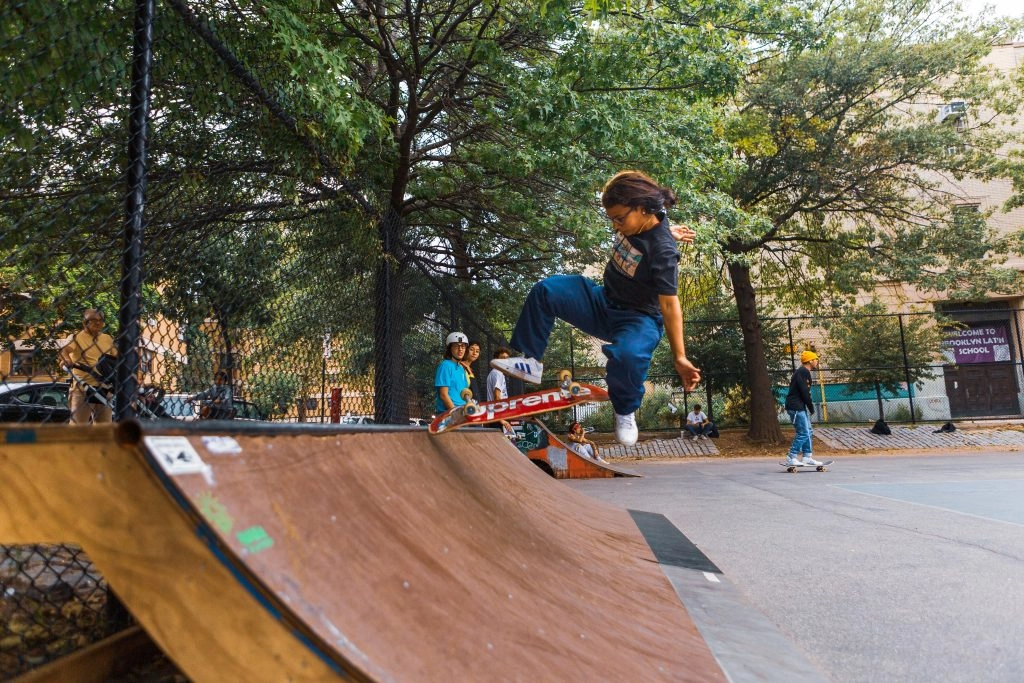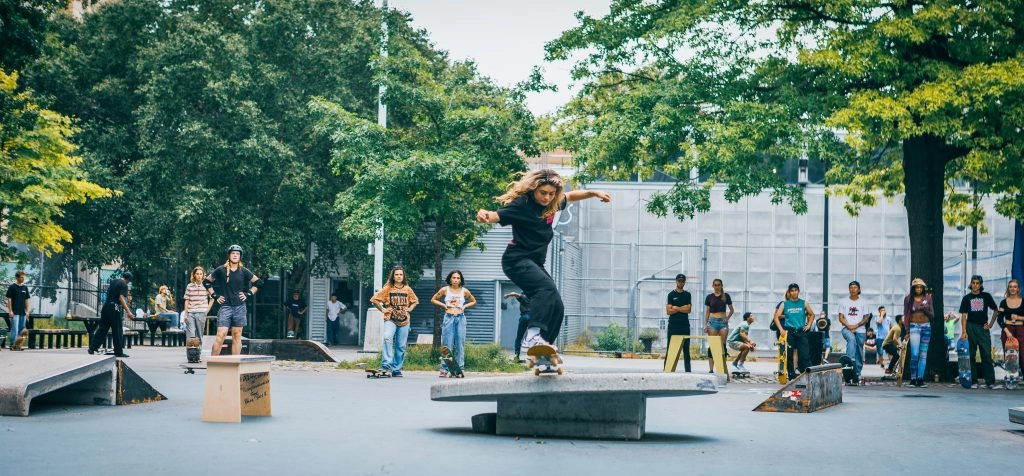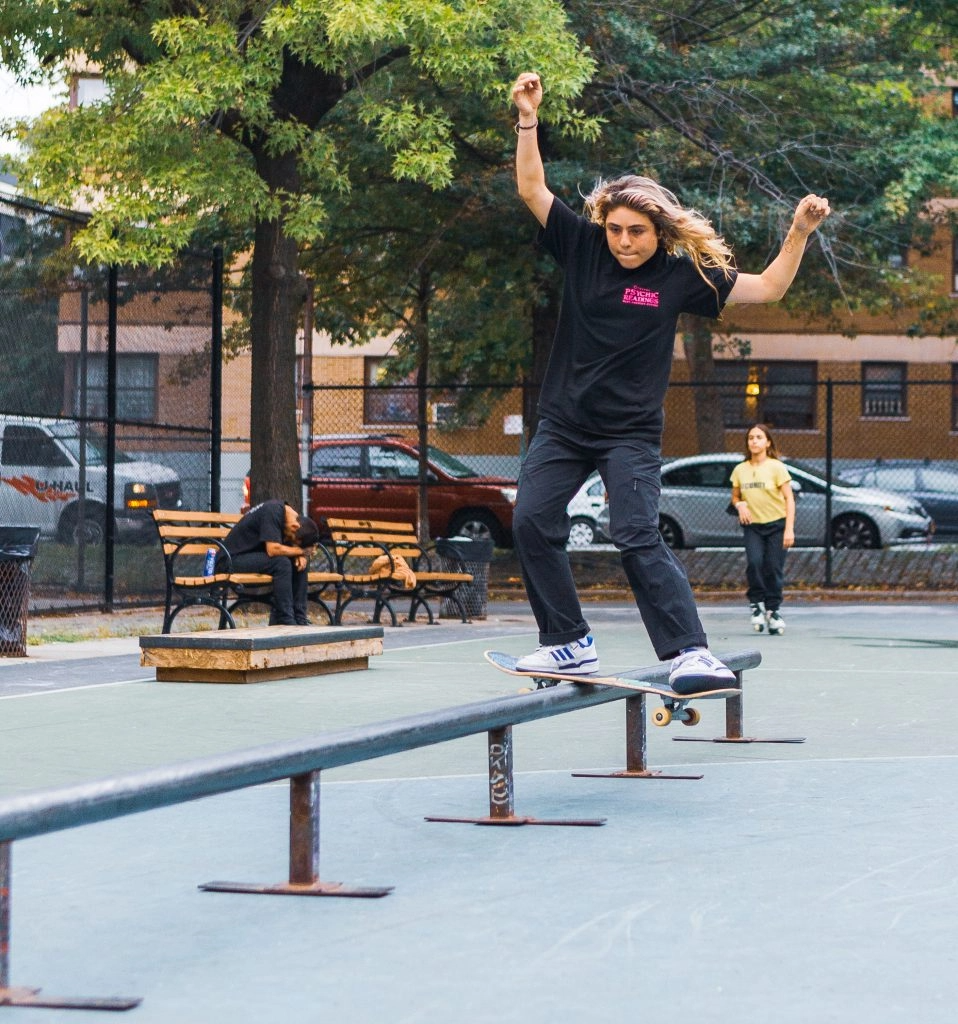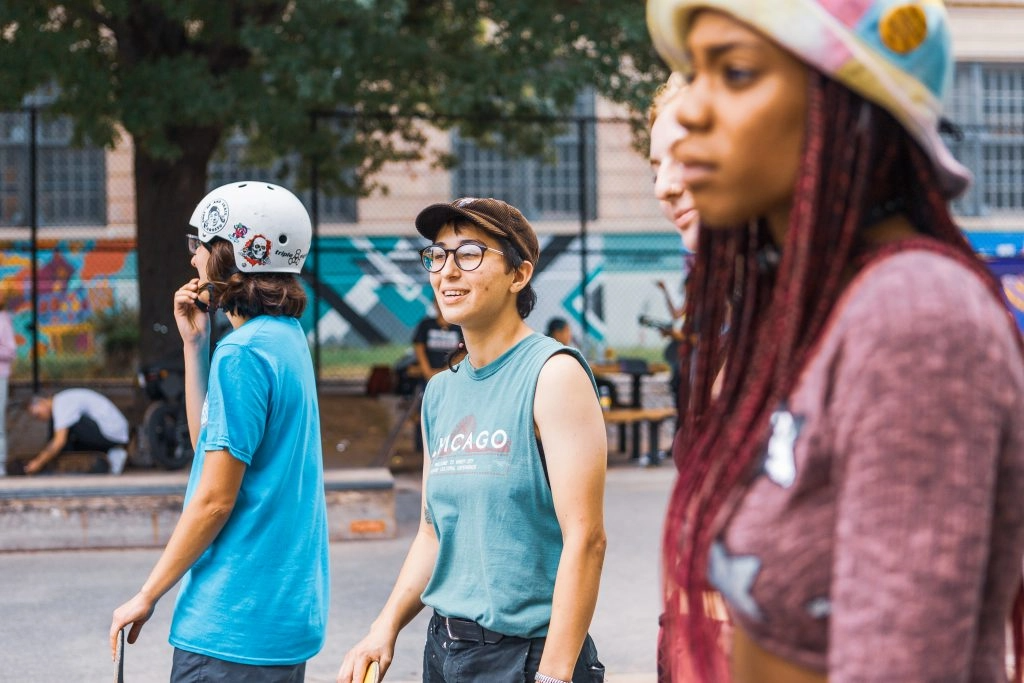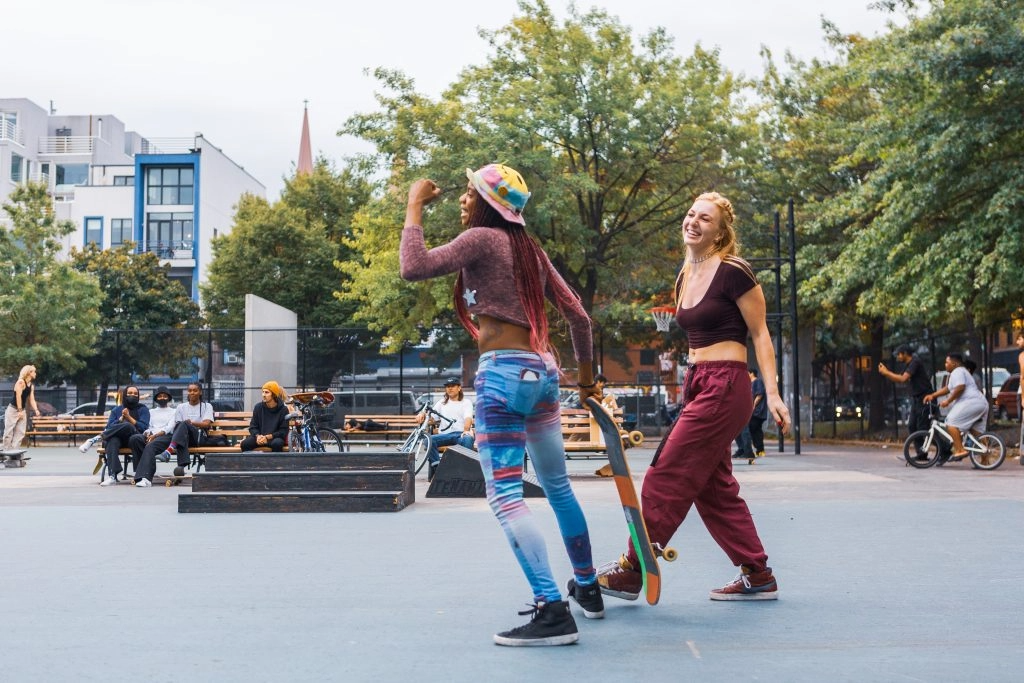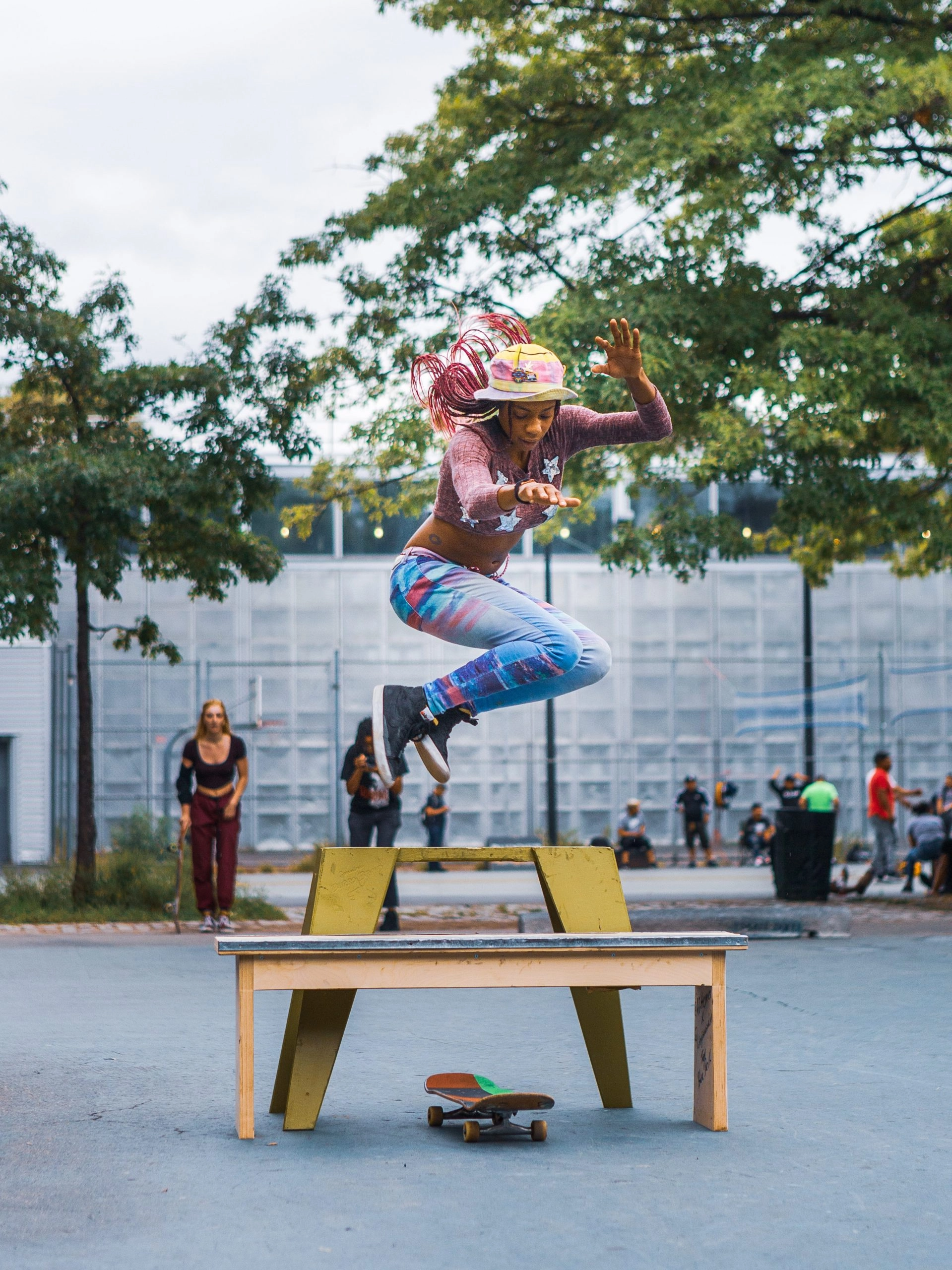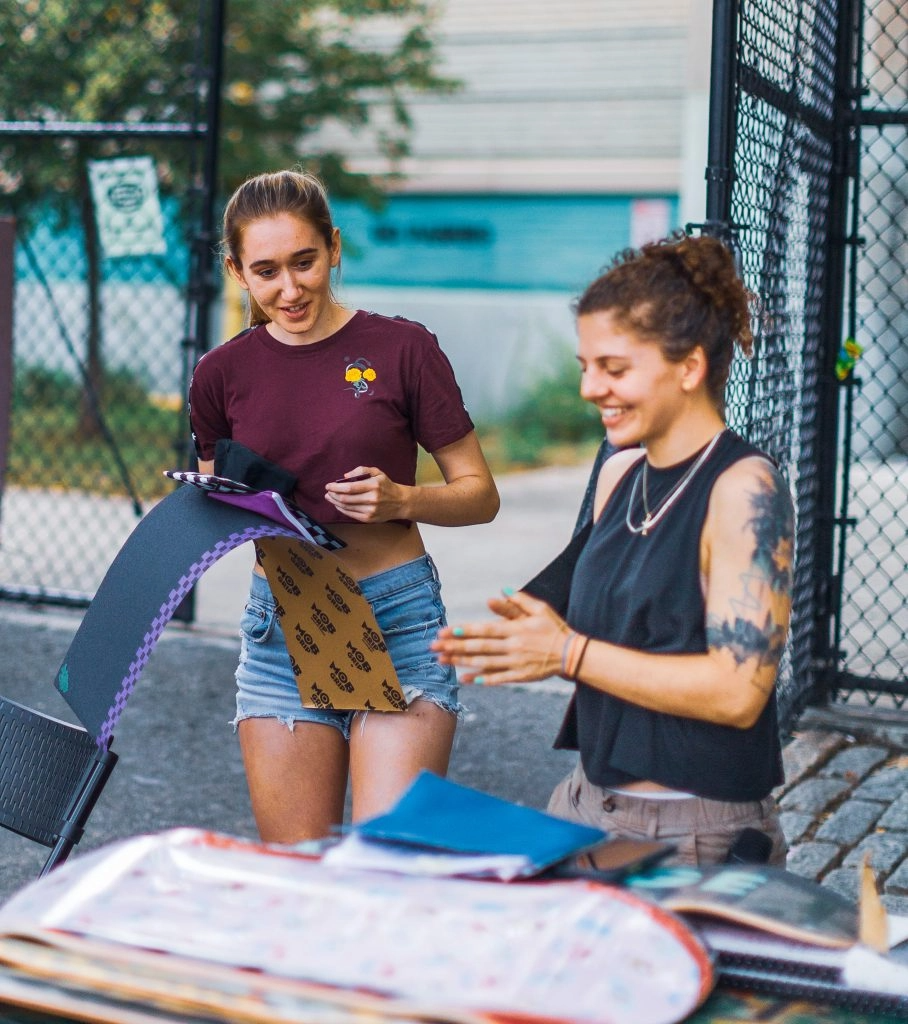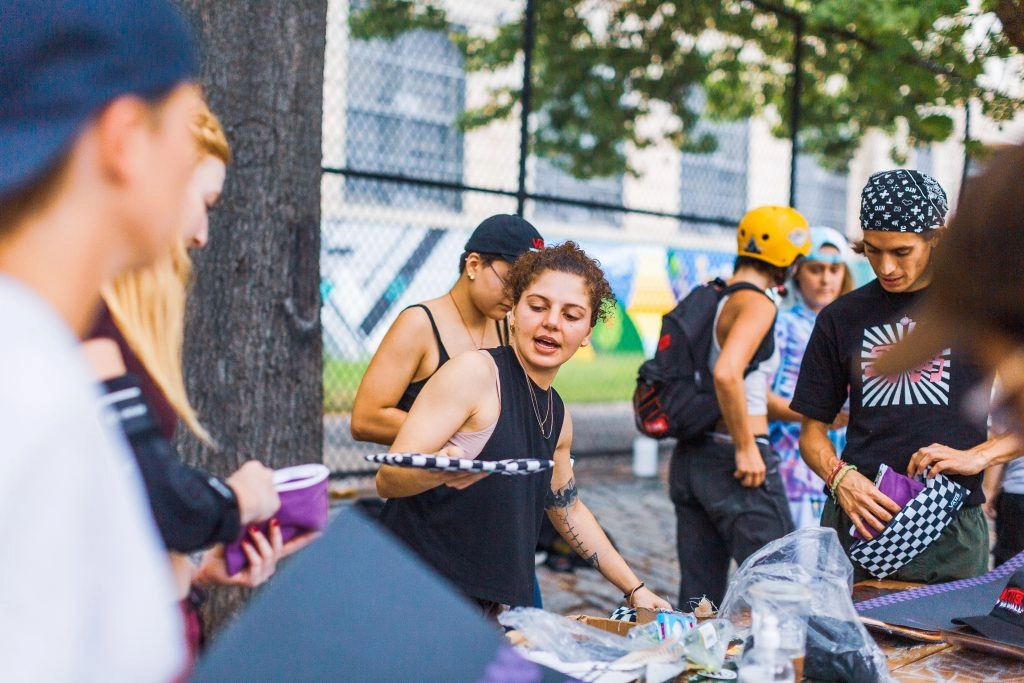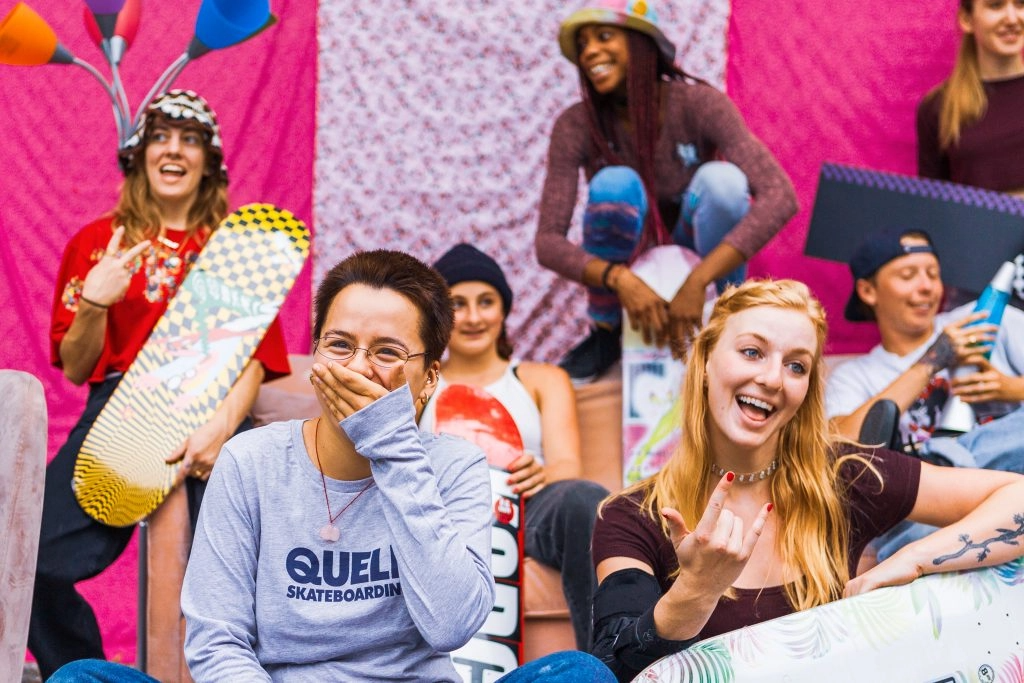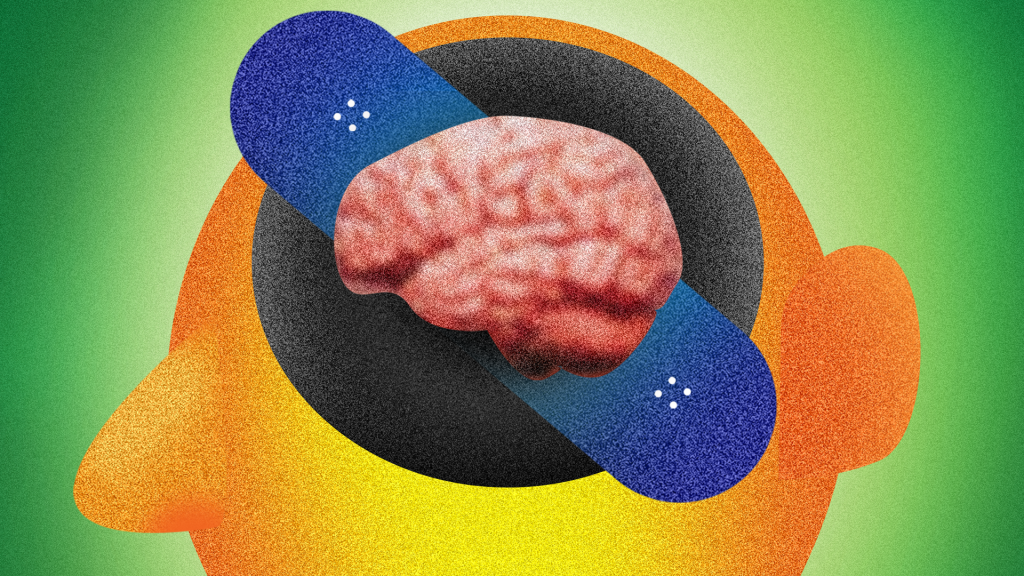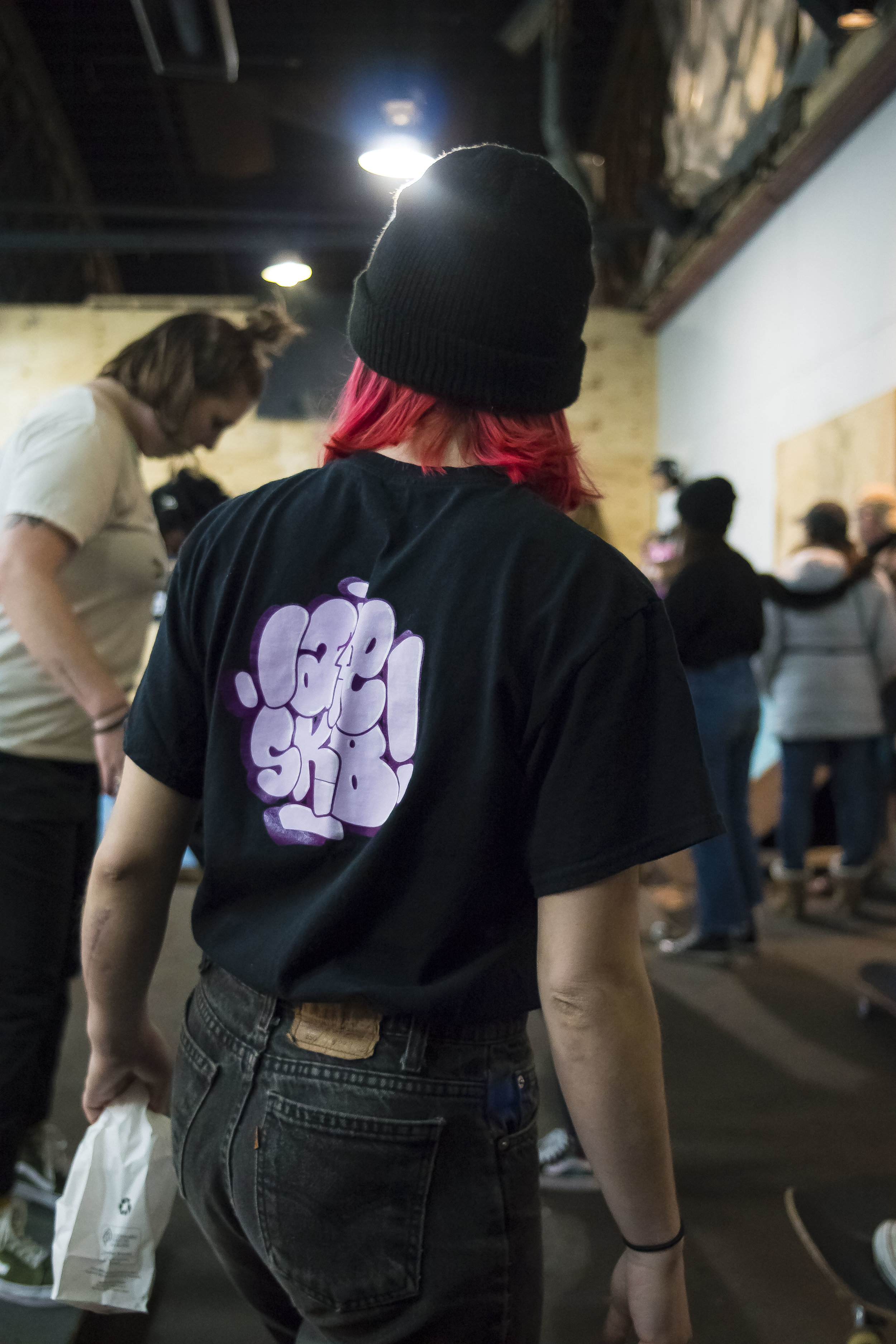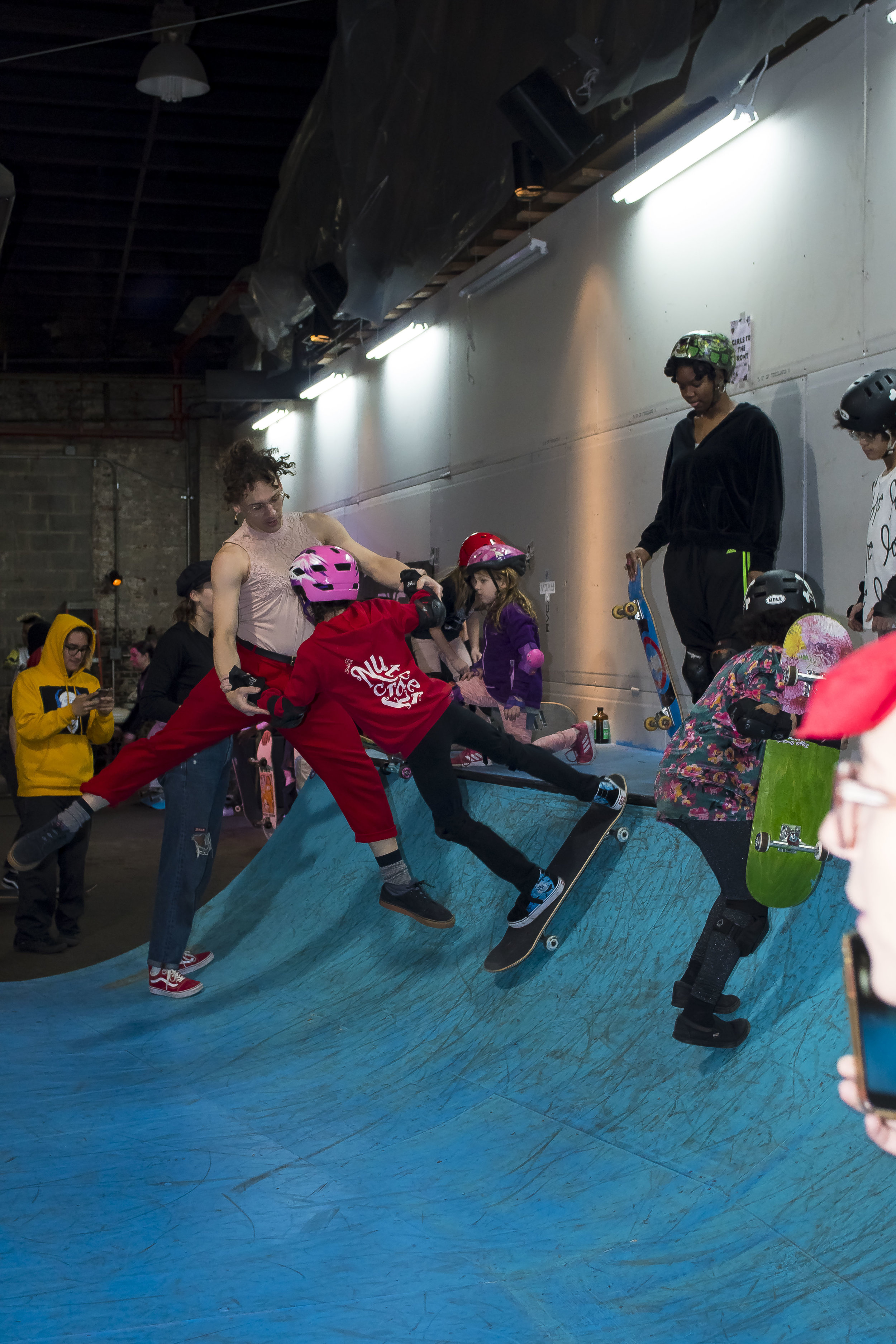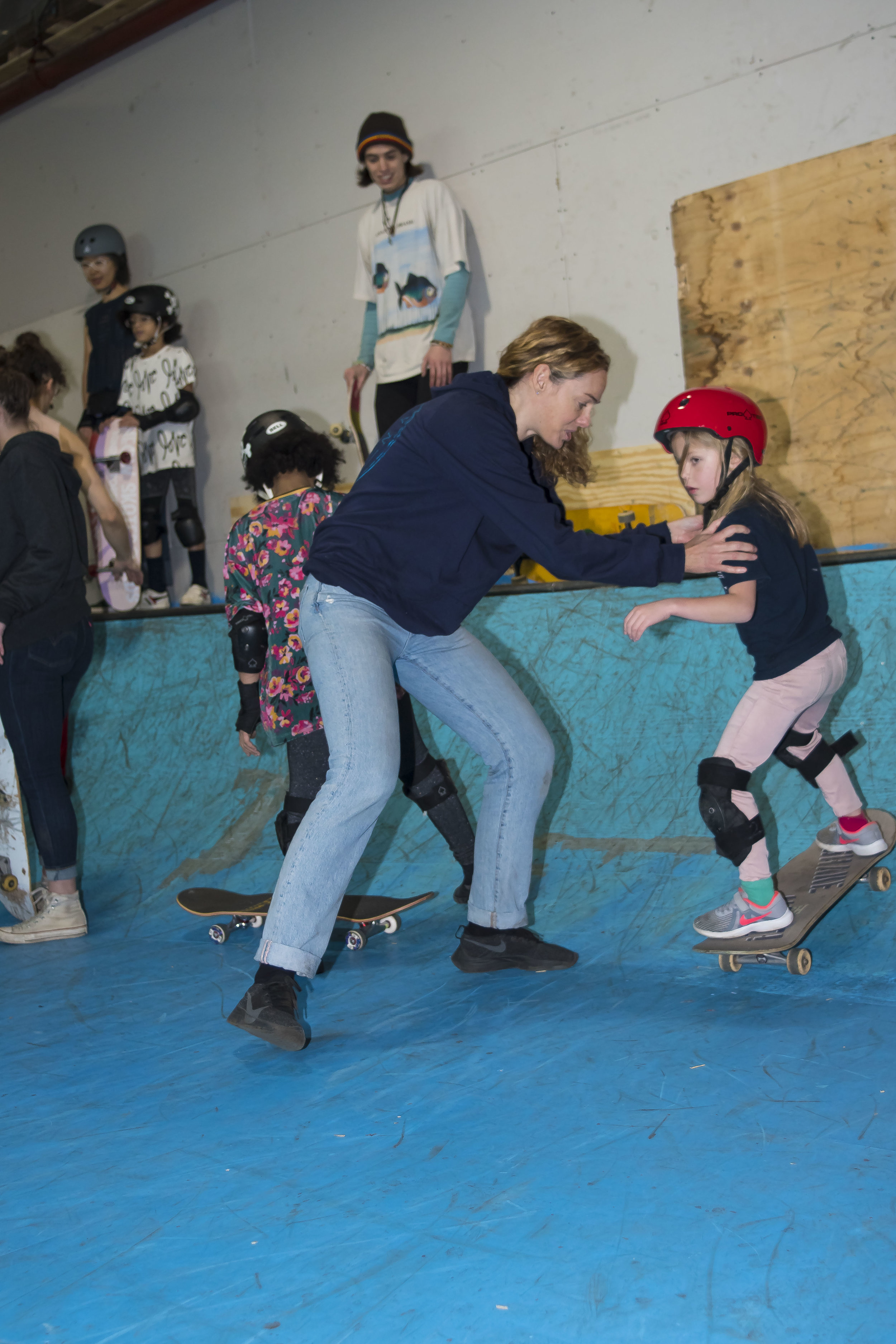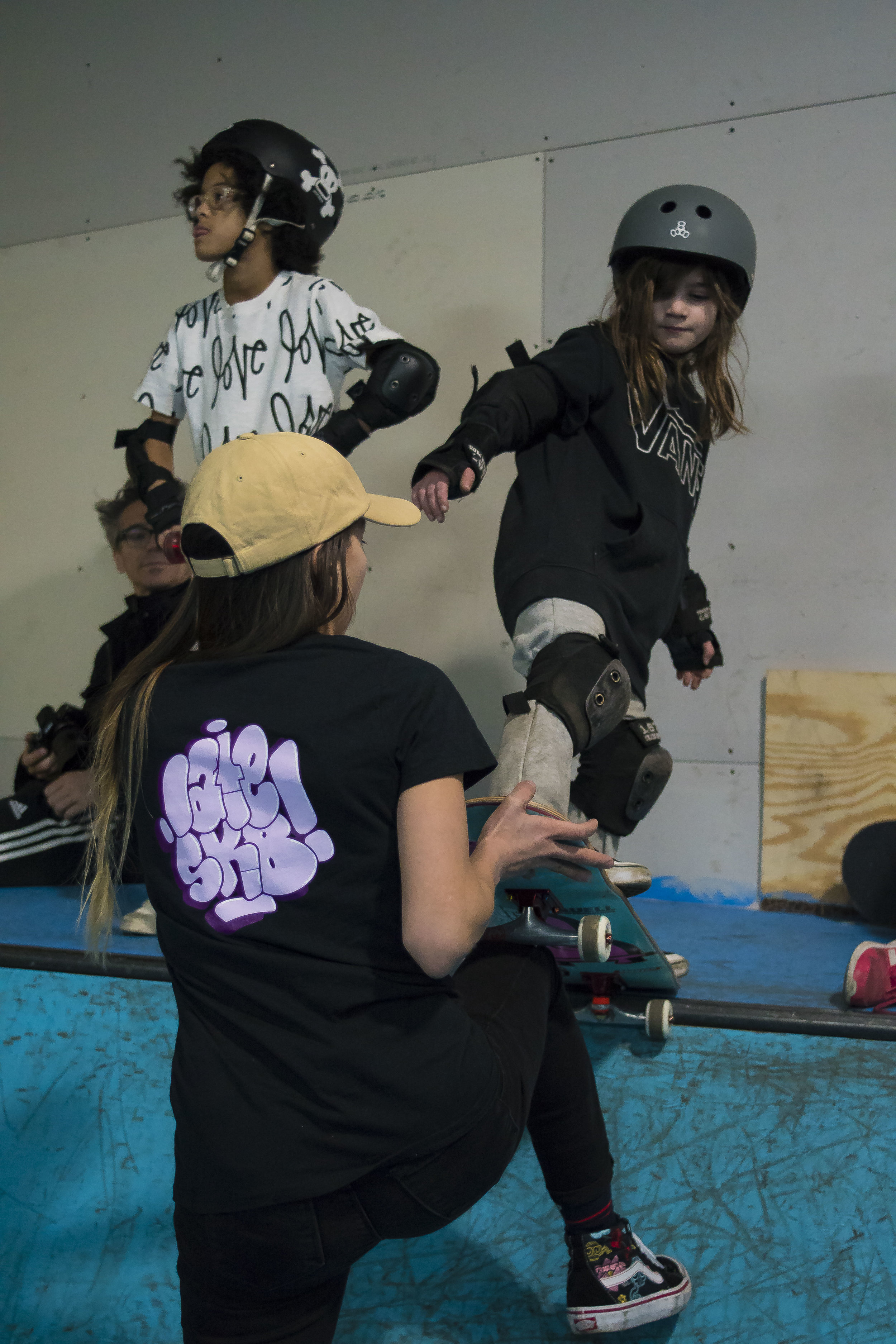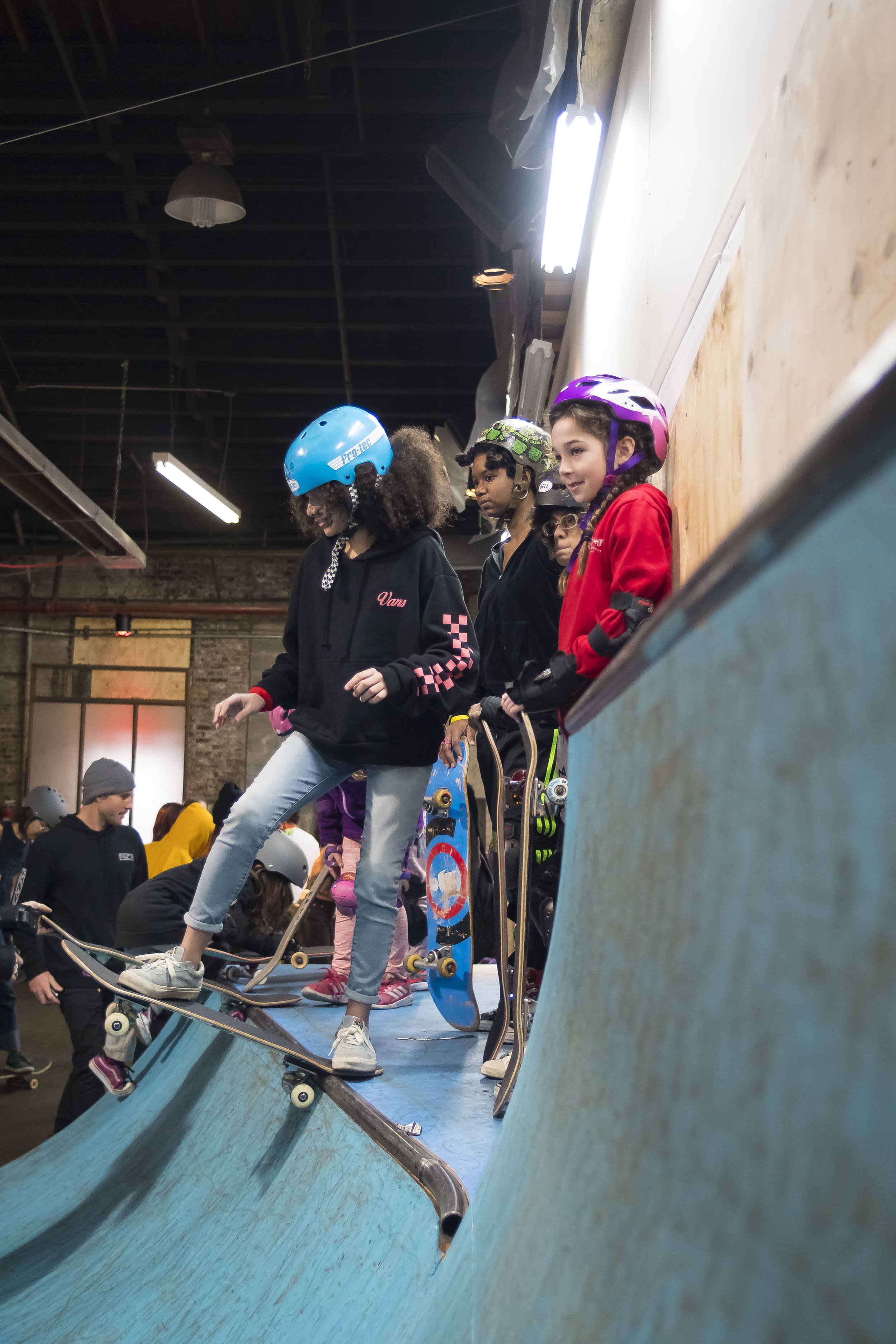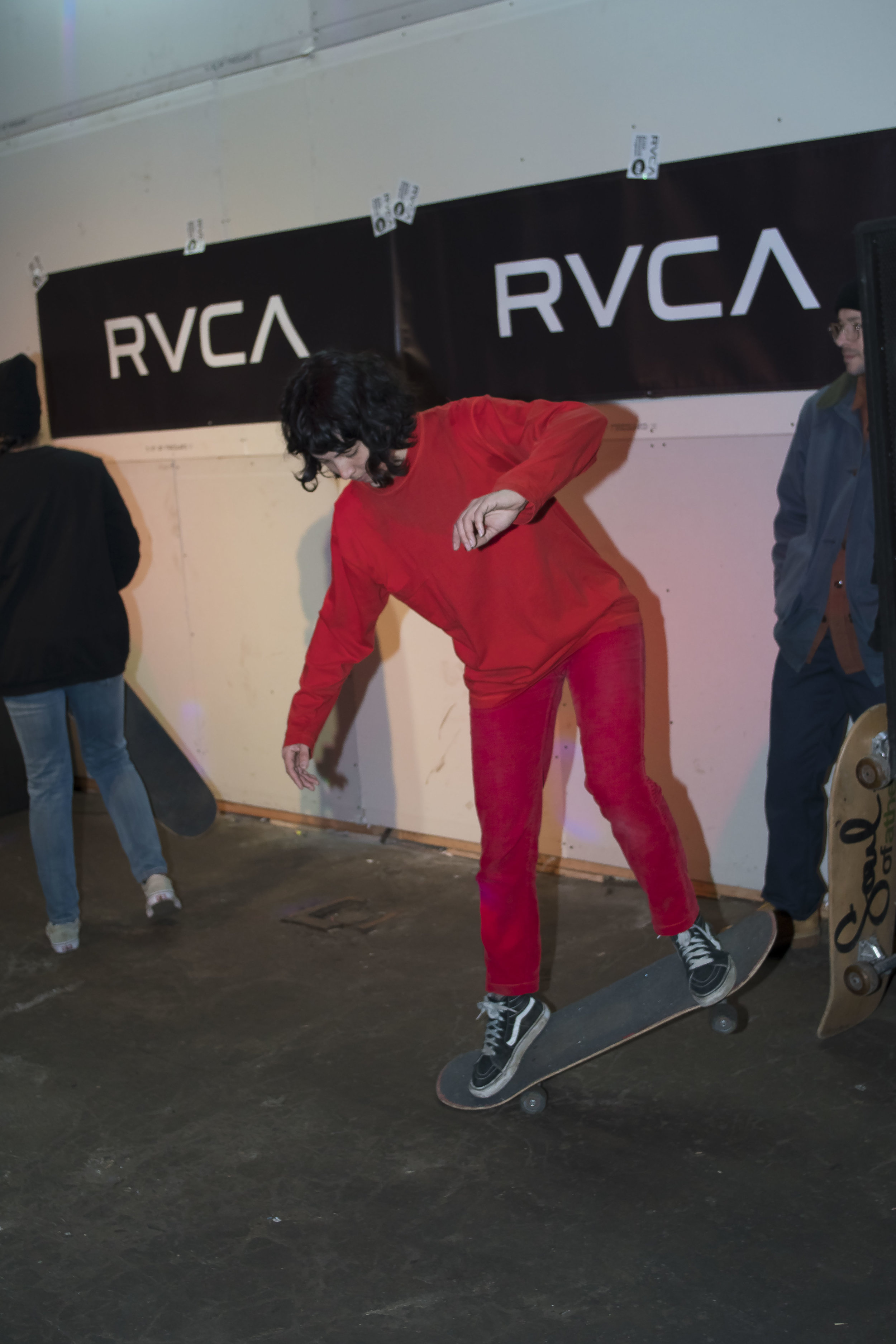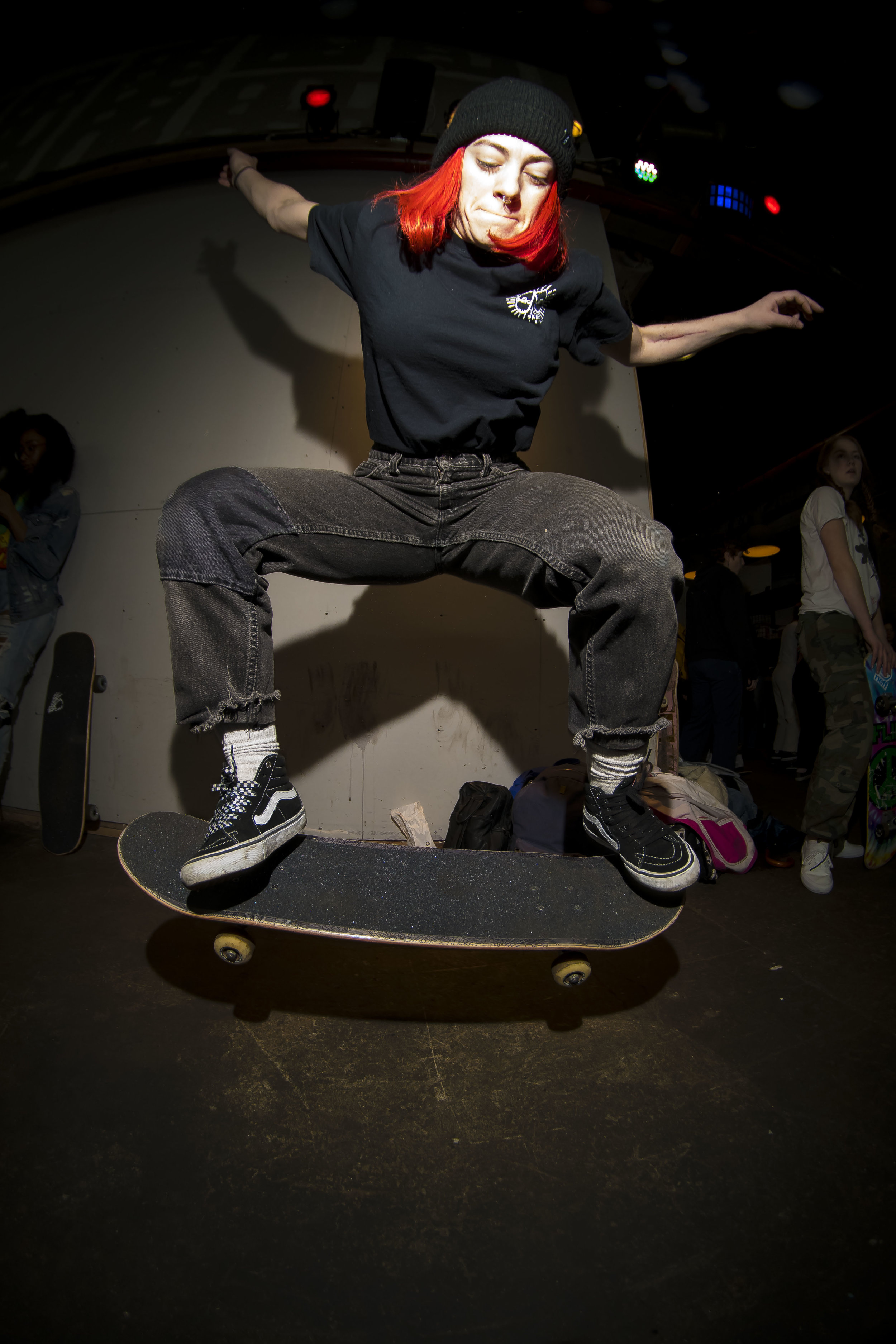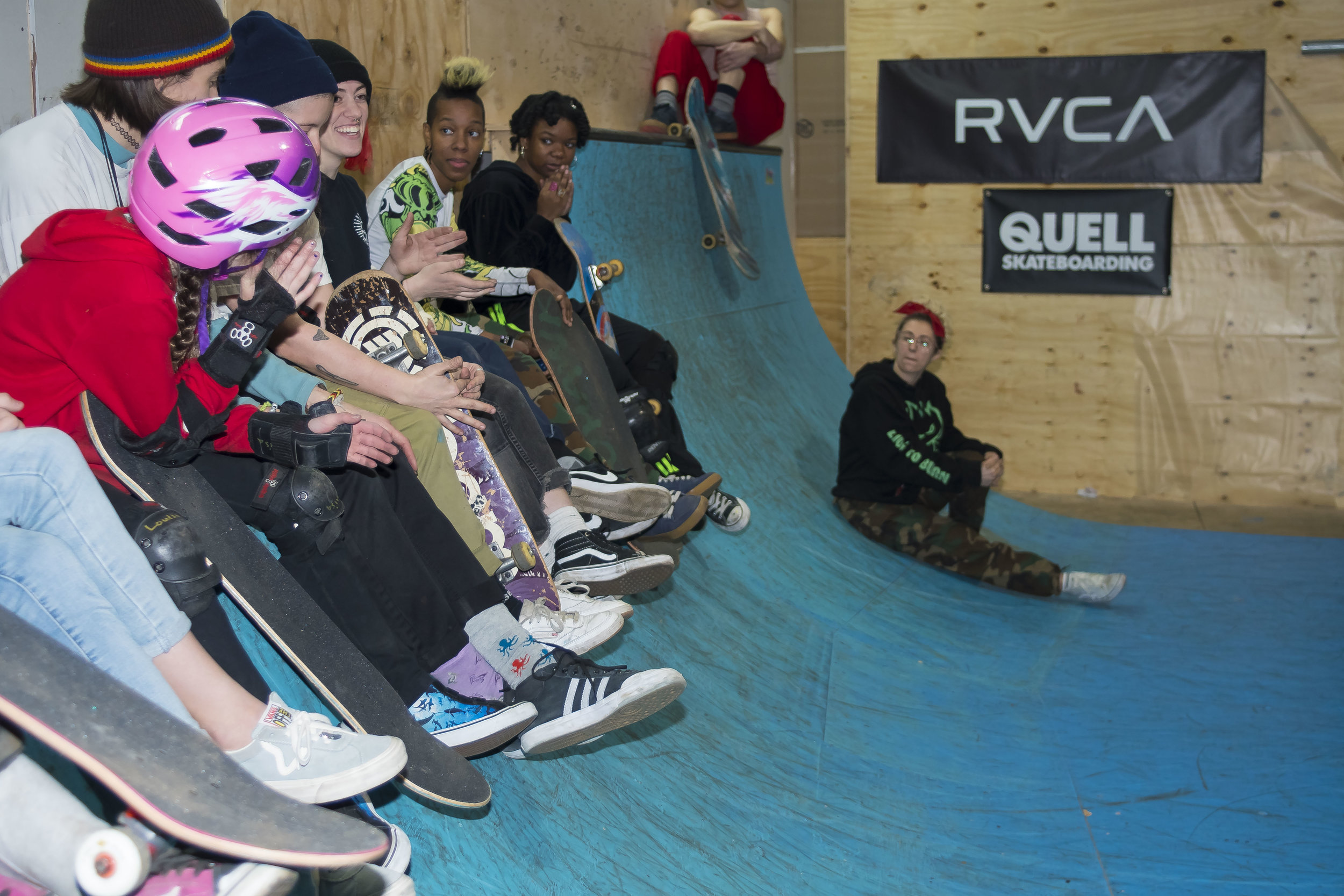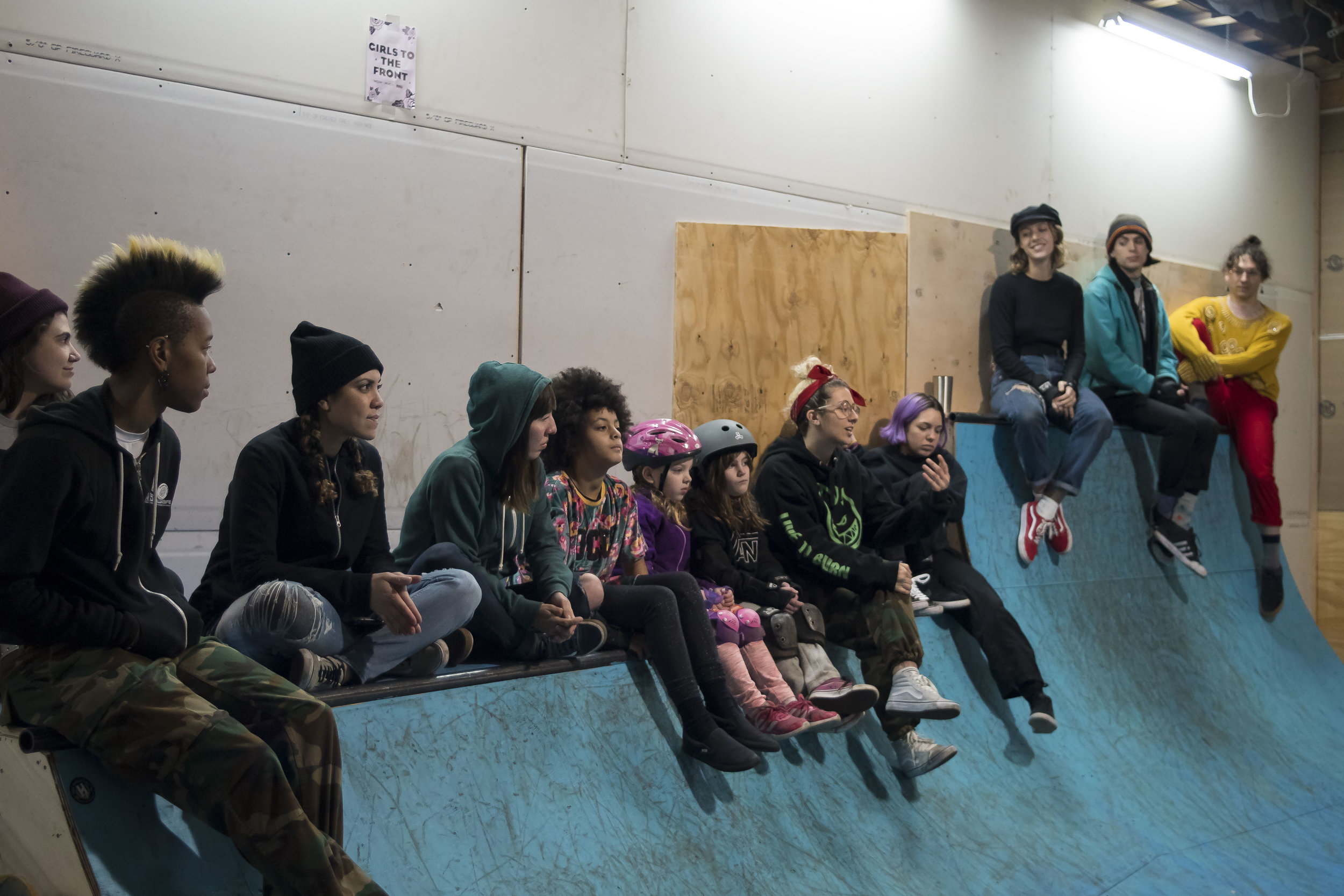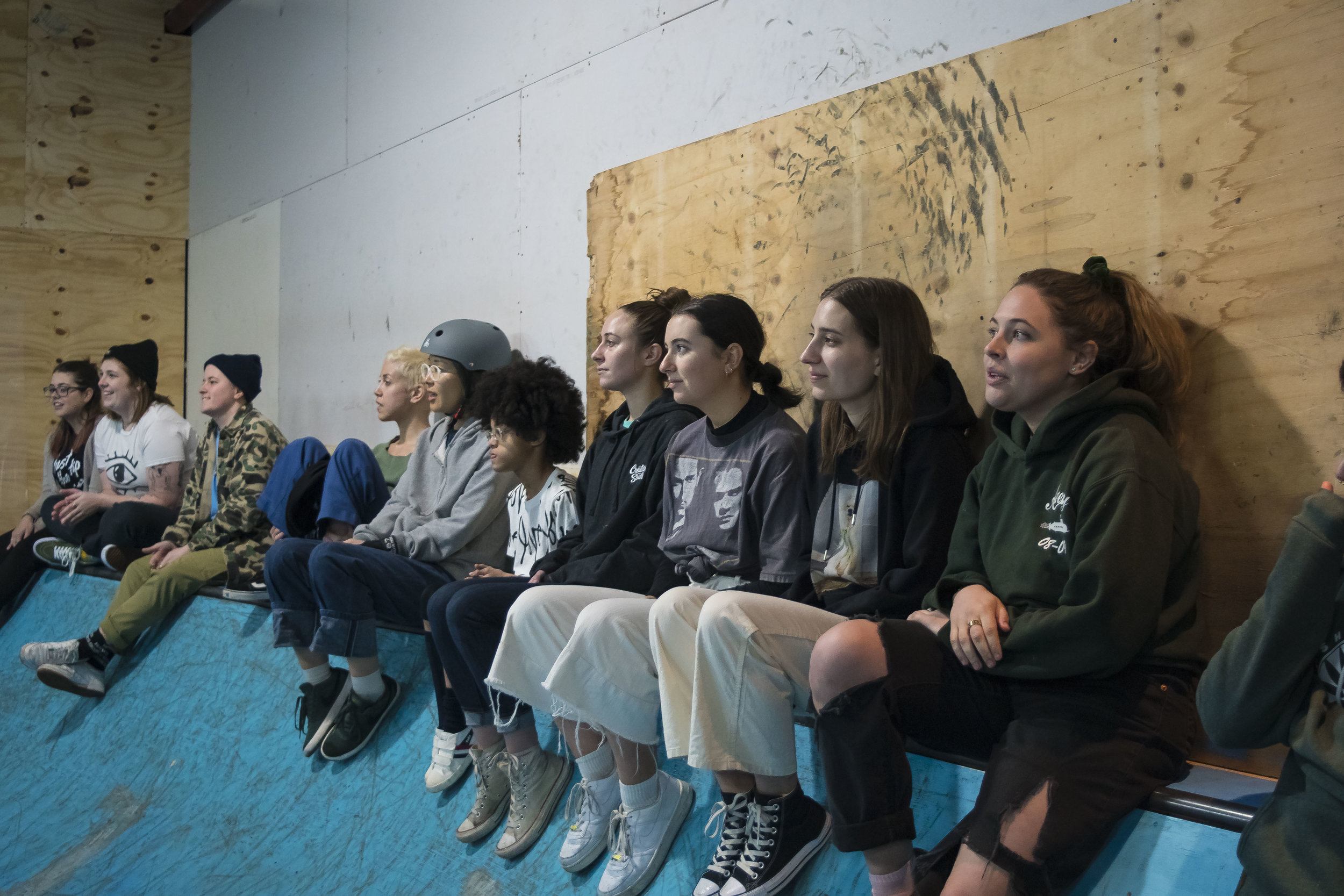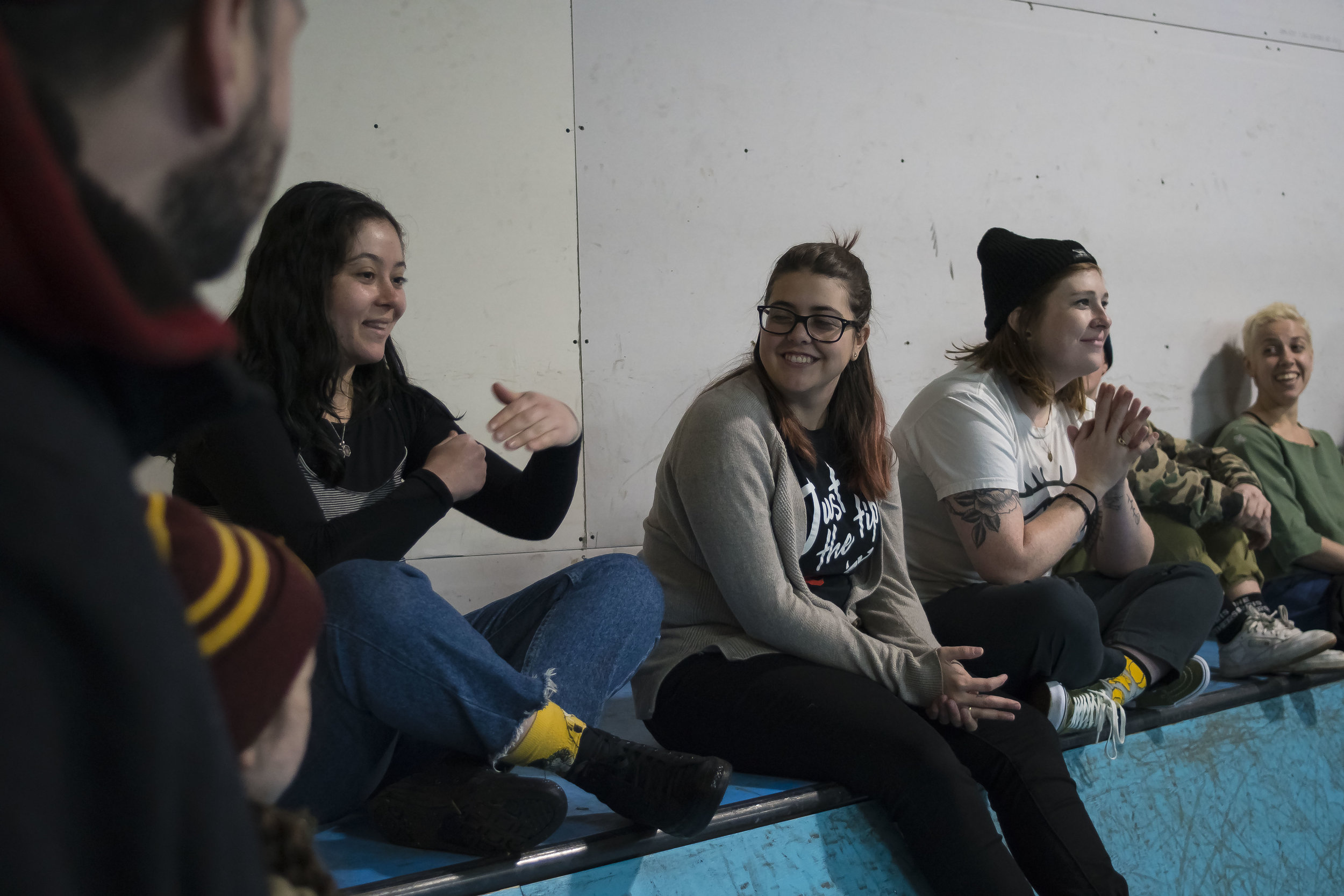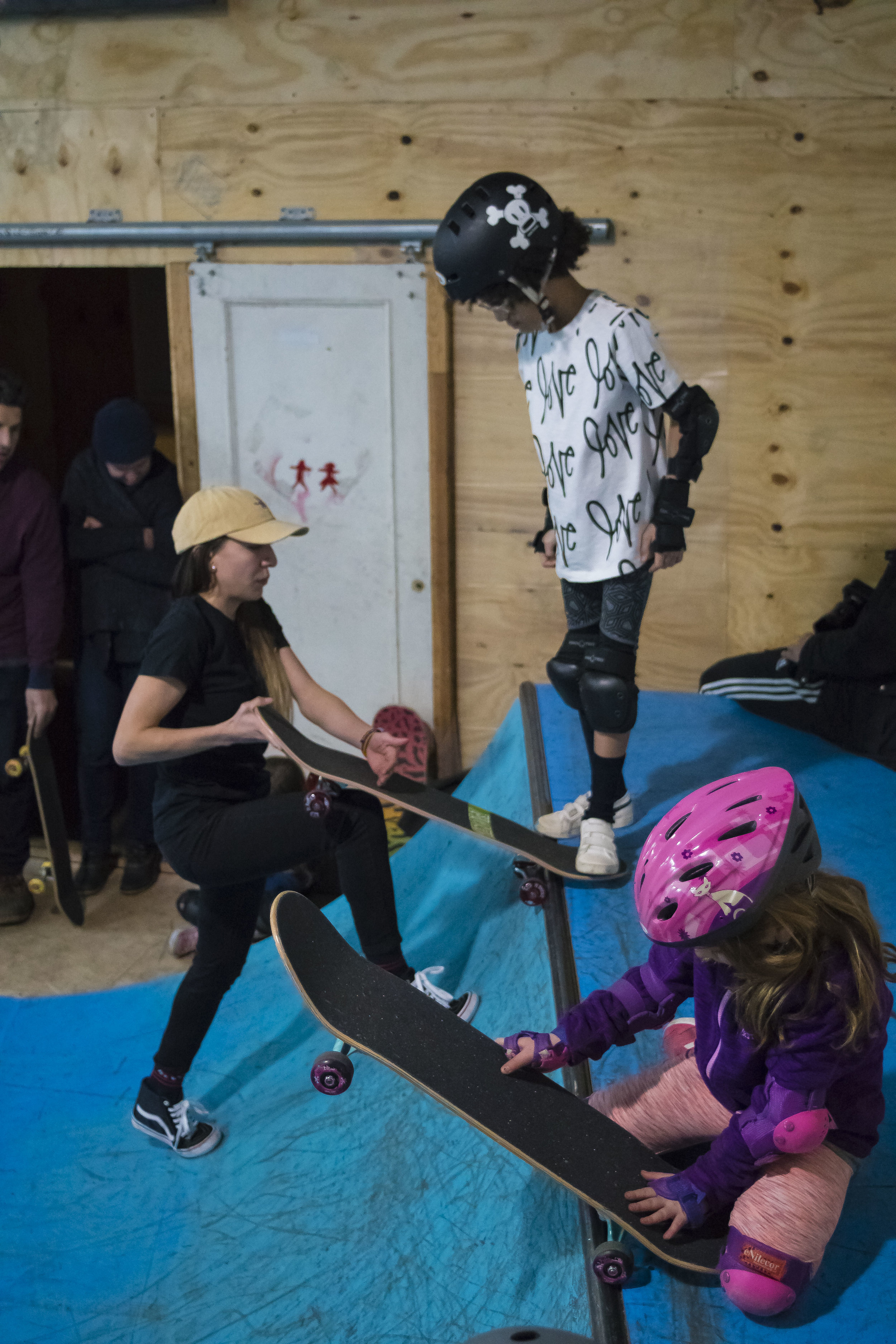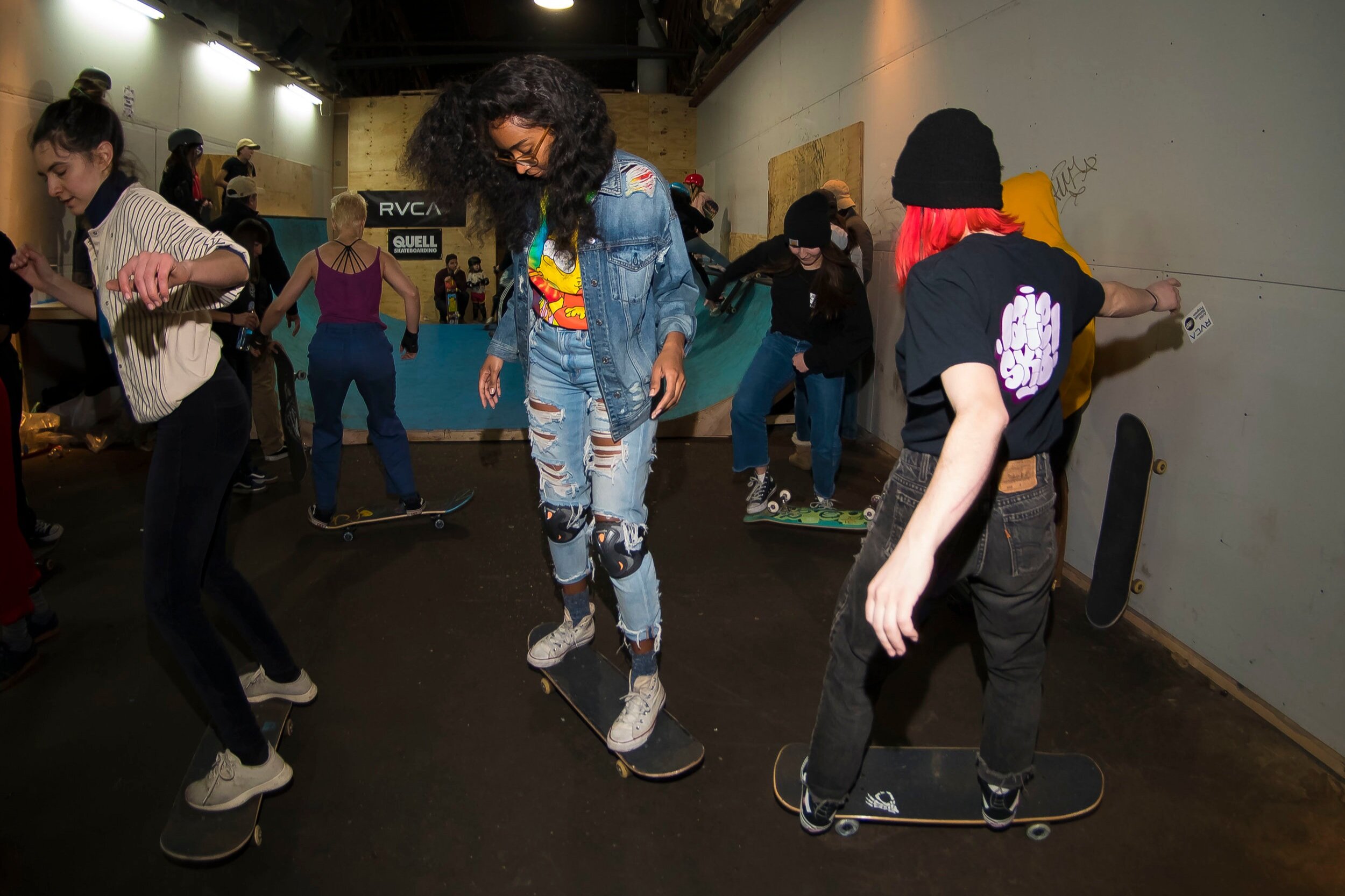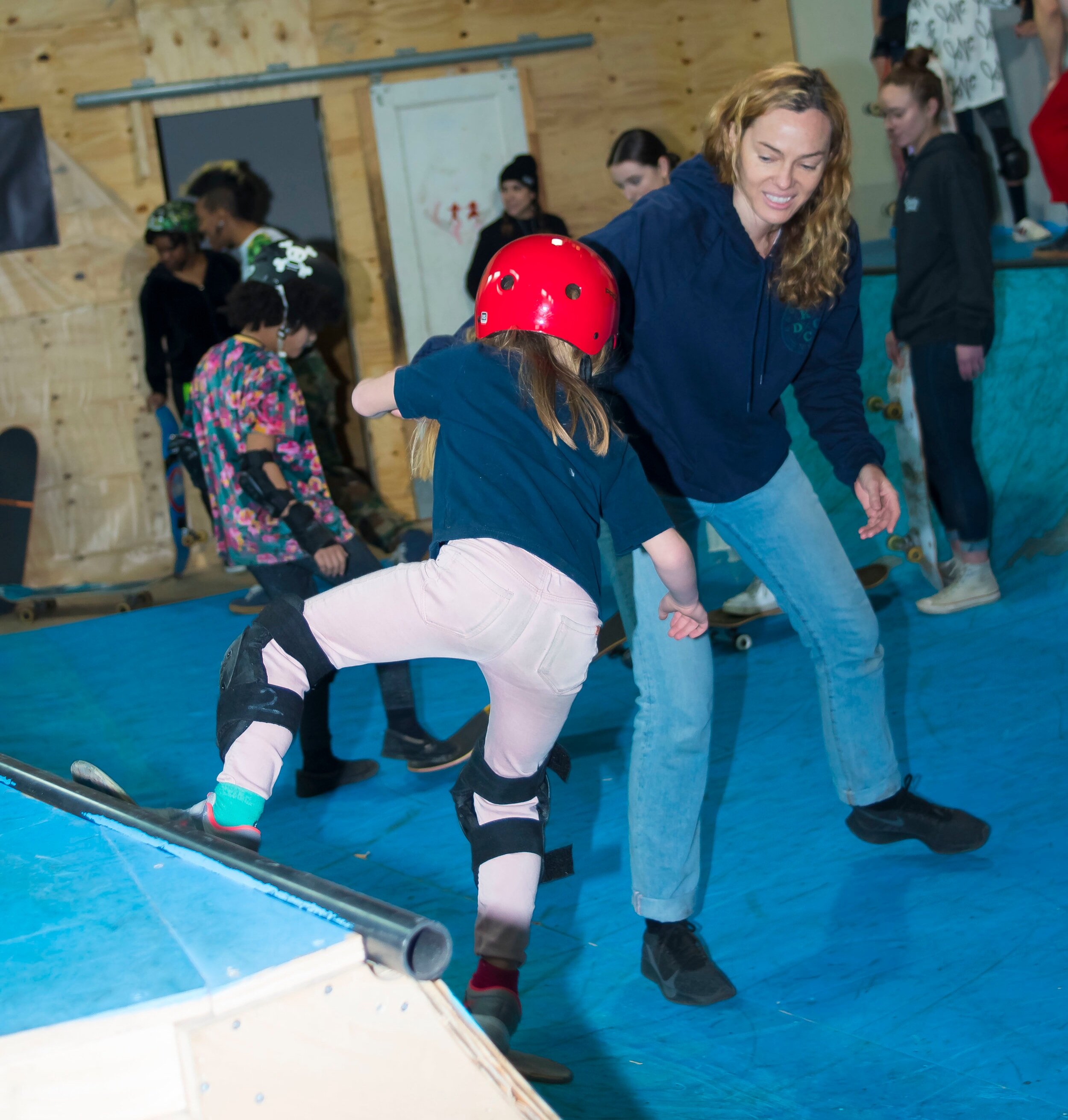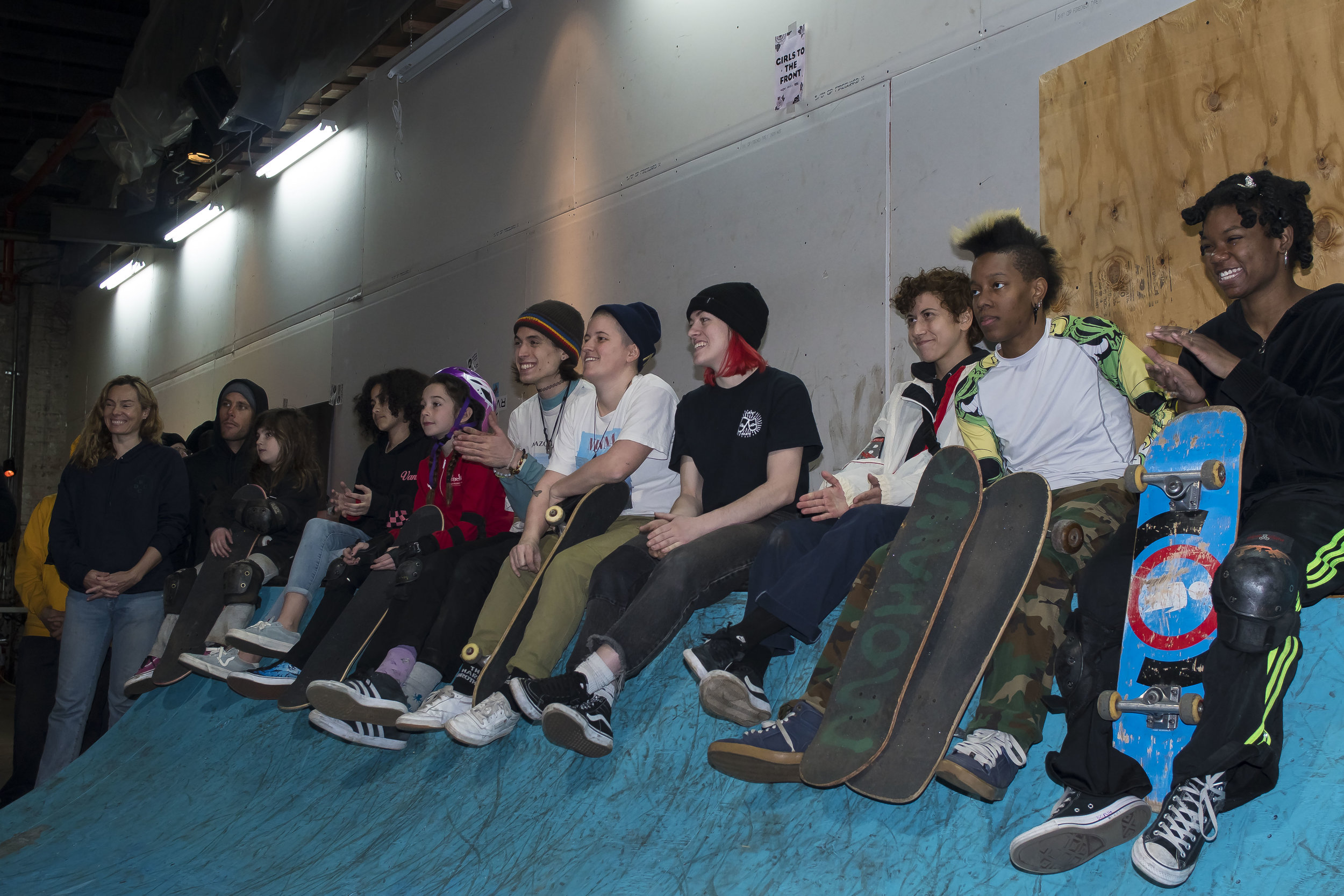ARTICLE BY NATALIE HARPER
With all the recent conversation in skating around mental health— whether that be with Pushing Borders, Vent City, Quell Party, Skateism, or the ongoing work of the Ben Raemers Foundation— there is a potential now to introduce a new topic to the mix. So far the discussion has centered largely around anxiety, depression, and suicide prevention; however, I believe you cannot talk about mental health without talking about neurodiversity.
Neurodiversity is a term used to describe the natural variations that can exist in human brains. Someone can fit the label of neurodiverse if they are autistic, or have conditions such as dyslexia, ADHD, bipolar disorder, OCD, DID, as well as many others. However, it is entirely up to the person whether they choose to use this label or not.
As a disclaimer before we begin, this will not be comprehensive for all neurodivergent people, or even those who share my neurotype. What is to come was not created out of expertise, but out of necessity. Neurodivergent people are already very much a part of this community and yet there is little to no discussion of our existence, much less our needs, in skateboarding.
If there was more awareness of this and the lives of neurodivergent people then we as a community could spend less time managing symptoms and more time addressing possible causes and triggers.
I am an autistic trans woman with ADHD and OSDD 1a. I also have an anxiety disorder and experience depressive episodes. Oftentimes, as was the case for me, what may look like anxiety or depression at first is just a small piece of something more complex.
While changing a society will take time, the skate community can take a more active role in this change by making our spaces more welcoming for neurodivergent people.
SAY WHOSE TURN IT IS IN A RUN/LINEUP.
There is a great deal of nonverbal language that occurs at a skate spot. If someone is a newcomer, regardless of neurotype, they may not understand all the eye contact, head nods, and pointing that goes into figuring out who’s turn it is to skate an obstacle.
Many autistic people, myself included, have difficulty processing body language and facial cues, so the message you are trying to send with eye contact and a head nod might go right by us. Instead, try communicating verbally (and politely) whose turn it is.
PLEASE TURN DOWN THE MUSIC.
What may seem like a normal volume to neurotypical people can go from distracting to debilitating for autistic people and others with a sensitivity to sound. One solution to this would be, as has been done already at many movie theatres and restaurants, to set aside time when the music will be set (or capped) at a lower volume, or to simply turn it down the whole time.
“One thing I have done at skate events in the past is create a "quiet room," quiet being relative... but we set aside our back room for anyone who needs to step away from the bright lights and loud noises of the skatepark,” says AJ Waters, founder/owner of Stronger Skatepark.
“We set it up with some bean bag chairs, and bottles of water back there for anyone who needs them. Skateboarding is a very loud sport and it's really hard to minimize the sound, so having headphones and ear plugs available is a nice option as well.”
DO NOT STARE AT PEOPLE WHEN THEY STIM.
Short for self-stimulatory behavior, a stim is any repetitive movement used by an autistic person to either calm themselves down, build up focus or energy for a particular task, or express a strong emotion such as excitement or distress. This can include things flapping hands, rocking back and forth, leg bouncing, or hair twirling.
Many autistic people attempt to “mask,” or hide, their autsitic traits in order to blend in better with neurotypical society. I regularly limit my stims when I am out in public to what I feel will go unnoticed by most neurotypical people.
Masking can have an adverse effect on the person’s mental health, especially when it comes to stimming. Not doing so when we need to can lead to dysregulation and a build up of stress in the body. Autistic people need to know that in any space, whether that be at the store or the skatepark, we can stim without fear of getting odd looks from strangers in order to function at our best and truly be ourselves.
BE MINDFUL.
“I think the biggest thing I would want skaters to be aware of is the way they are taking up space. So many people at the skatepark skate super aggressively, and honestly most of the time skating that way is fine, but the way they stand on the deck, the way they jump at every opening to take a run, the way they yell when they are upset, etc... all these behaviors make the skatepark a super unwelcoming place to all sorts of people including neurodiverse people, who are more likely to experience anxiety,” AJ informs.
“So many skaters (especially men who have been skating a long time) just have no idea how their behavior, body language, skating style, etc. affect everyone around them.” AJ makes an excellent point that “by making skateparks more inclusive to beginners, queer people, women, etc, we are also making the skatepark more welcoming to neurodiverse folks.” Some of the work has already begun but these more established practices can be expanded slightly to help make skate spaces more welcoming for neurodivergent people.
BE INTENTIONAL WITH YOUR LANGUAGE
I often see posts for skate meetups that say something like “all abilities welcome.” However, for a long time this phrasing confused me. I couldn’t figure out if it means “all ability levels welcome,” as I have also seen it written, or if it is meant to imply that you are welcome whether you are able bodied or disabled.
If it is meant to also passively imply that disabled people are welcome, then why not instead take a more active approach and change it to something like “All Abilities and Disabilities Welcome”?
Of course, when inviting disabled people to an event or space, it is important that their accommodations be met. It is my hope that this article can be a small piece in that larger conversation that includes the work already being done in adaptive skateboarding and the wider disability rights movement within our community.
On the reverse side, be aware of harmful language being used by others. “There is also still a lot of homophobia and transphobia in the skate community, and there is a huge overlap between neurodiverse people and queer people.” says AJ, “So going to a skatepark and hearing gay used an insult can make many neurodiverse folks feel unsafe.”
NAME AND PRONOUN CIRCLES.
This small activity that is being used more frequently in skating can go a long way in helping a community that has long been stigmatized by society. People who have dissociative identity disorder (formally known as multiple personality disorder), OSDD 1a, or OSDD 1b may have one or two alters that enjoy skating.
It can help people with these disorders be their authentic selves and feel comfortable even entering a space if they are simply asked in the beginning their name and pronouns or the name and pronouns of someone else who may switch in later. It is completely understandable if someone doesn’t feel comfortable sharing that information, but if they do then the least we can do is use the right name and pronouns— just as we would for anyone else.
What I often hear is how important that sense of belonging is to so many in the skate community; How important it is to their mental health. In the previous piece I wrote with Quell, I spoke about feeling a small portion of this through watching other queer and trans skaters online, yet I feel a barrier between myself and other skaters I meet in real life due of a lack of understanding about neurodiversity in skating. For myself and countless others, neurodiversity and mental health do not exist in separation, but rather they compound one another. Exponentially.
What I am suggesting here is more than just some recommendations for some events. Many neurodivergent people don’t have anywhere else to go— don’t want to be anywhere else— and if skateboarding claims to be for all of those that society rejects, then I say prove it. Prove it to us that we belong here too.

